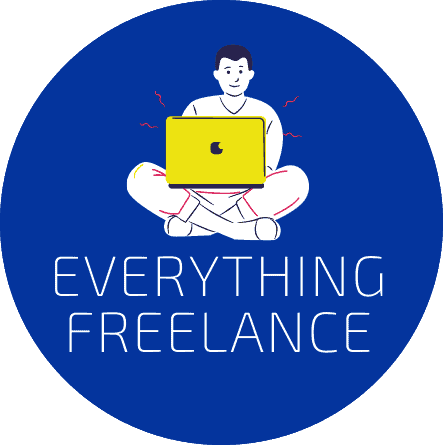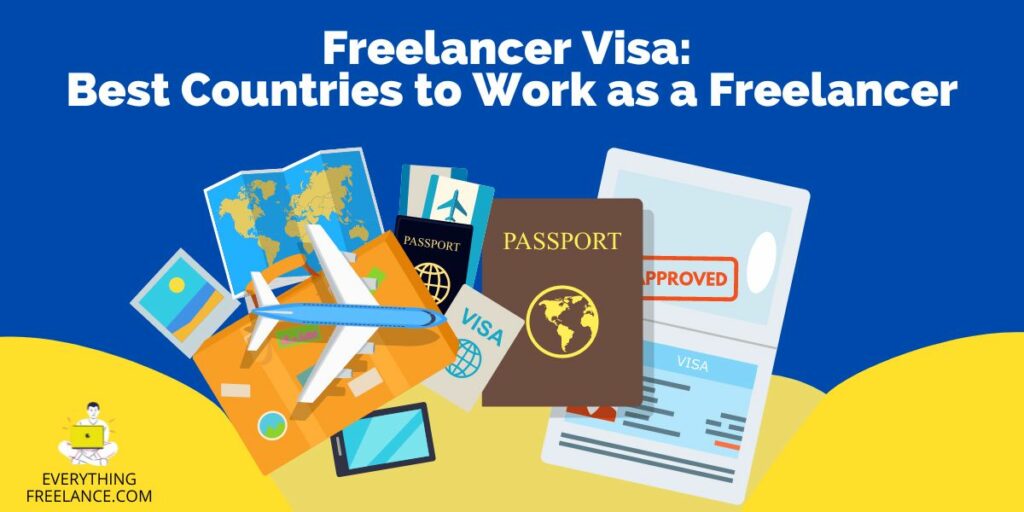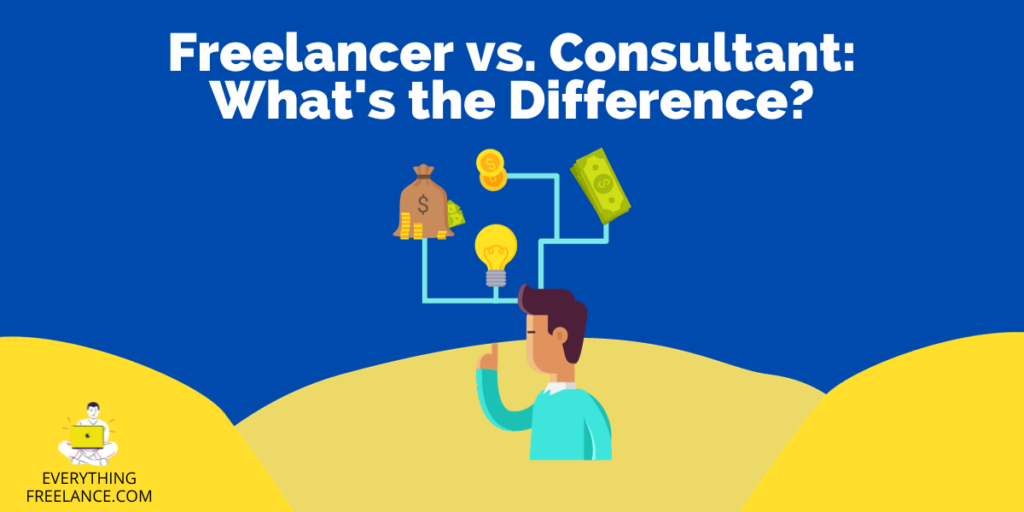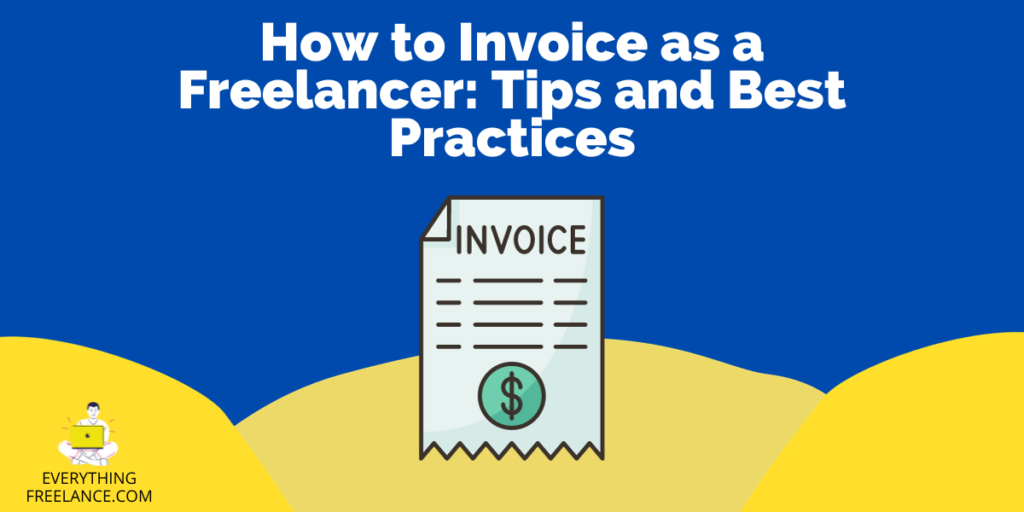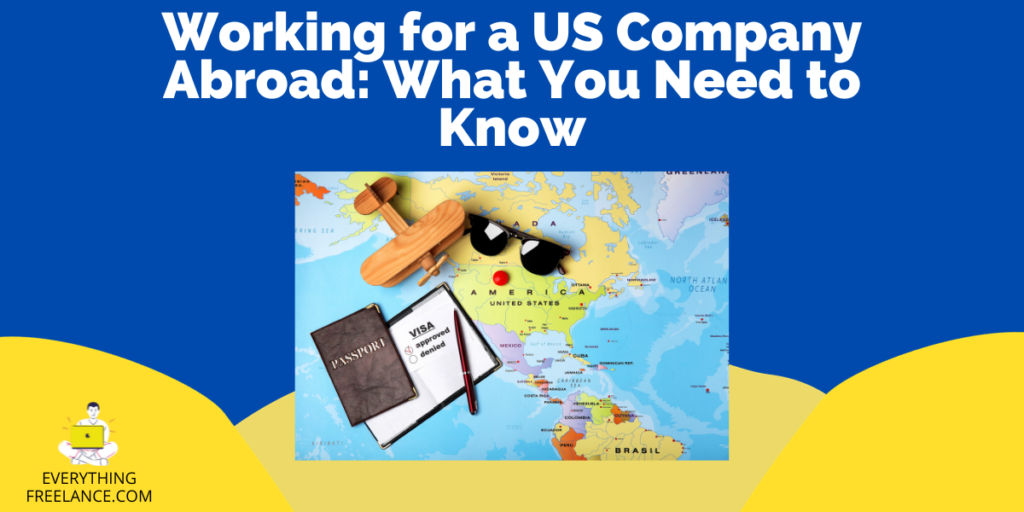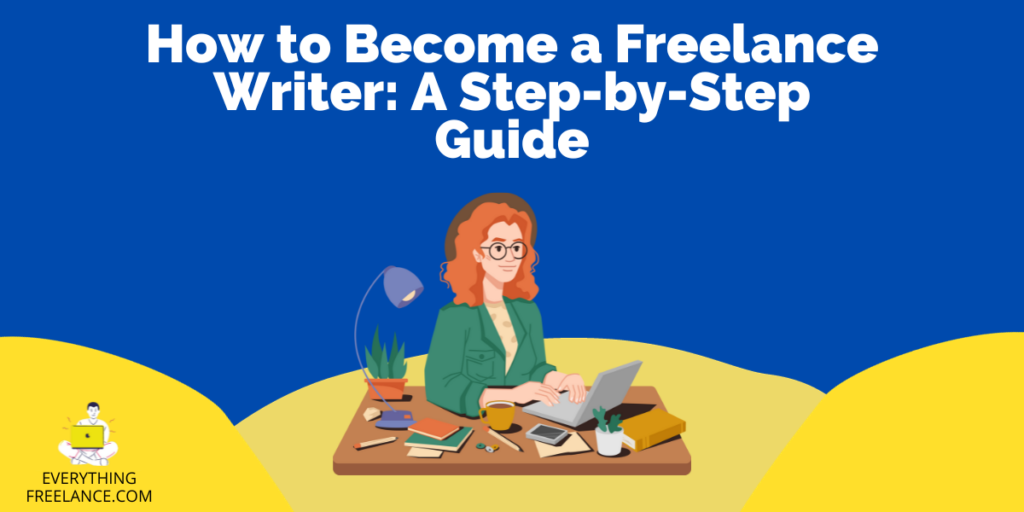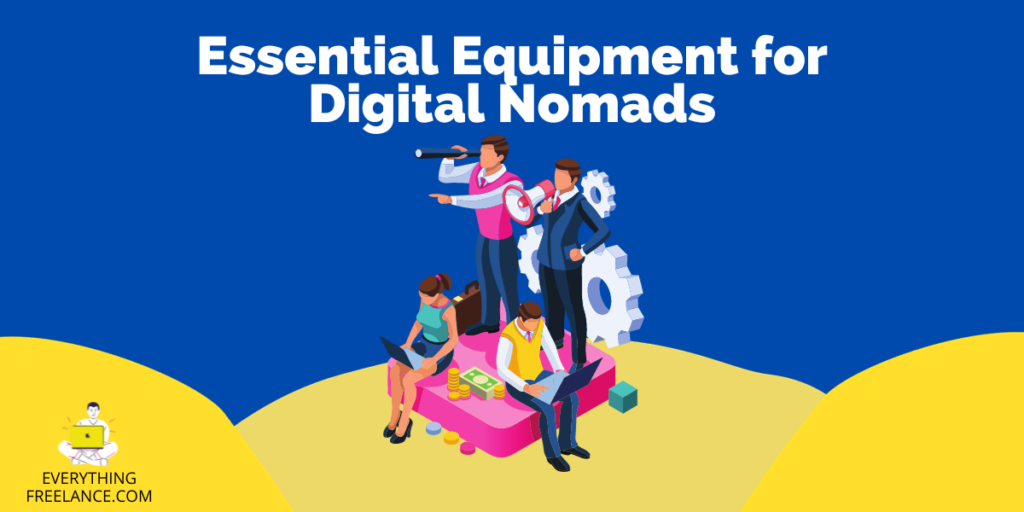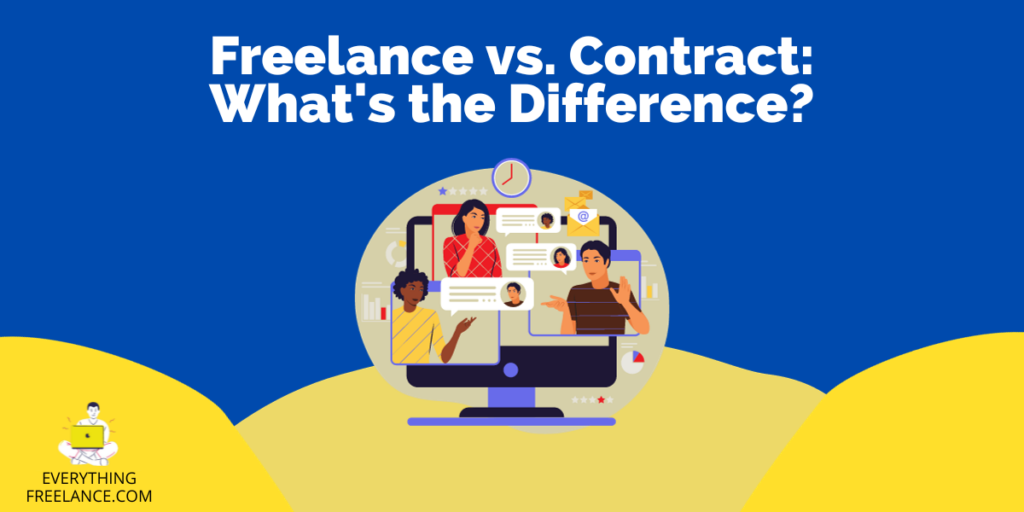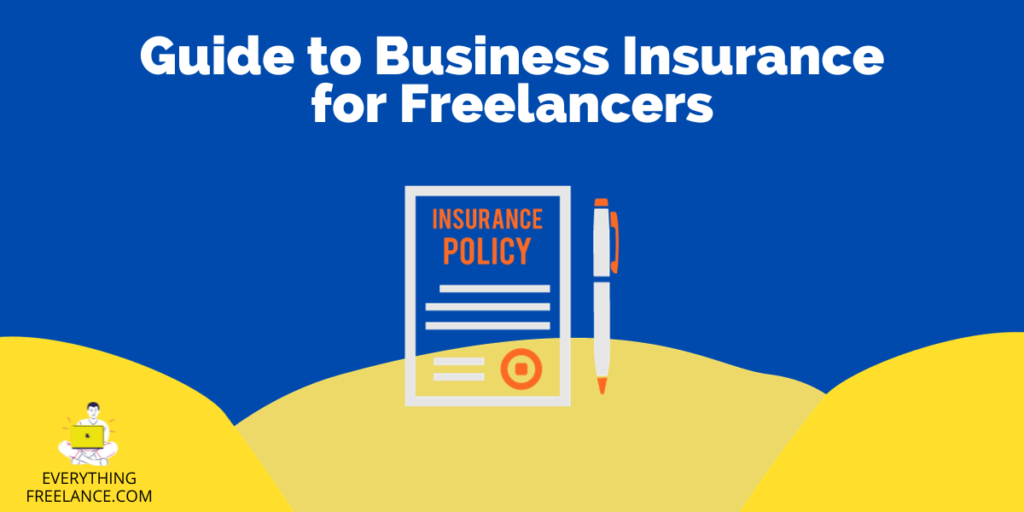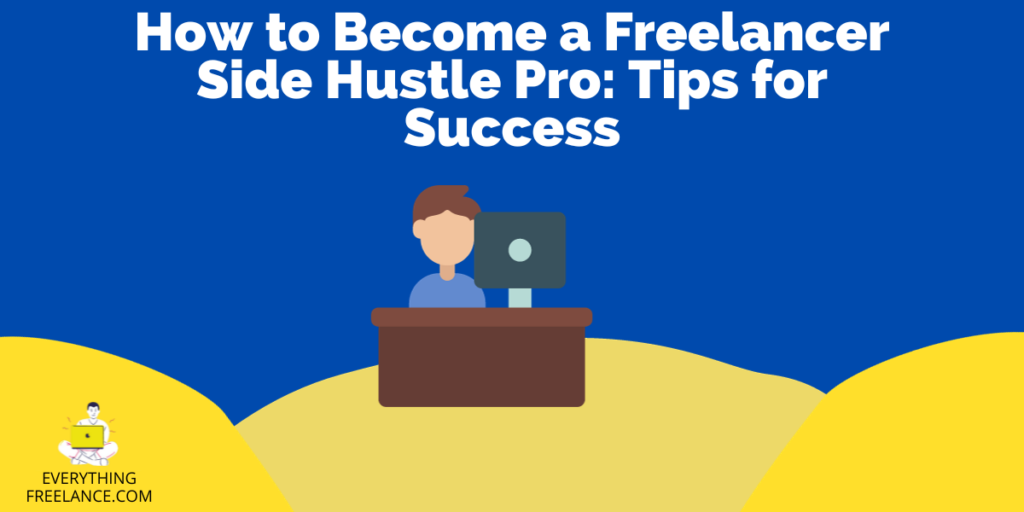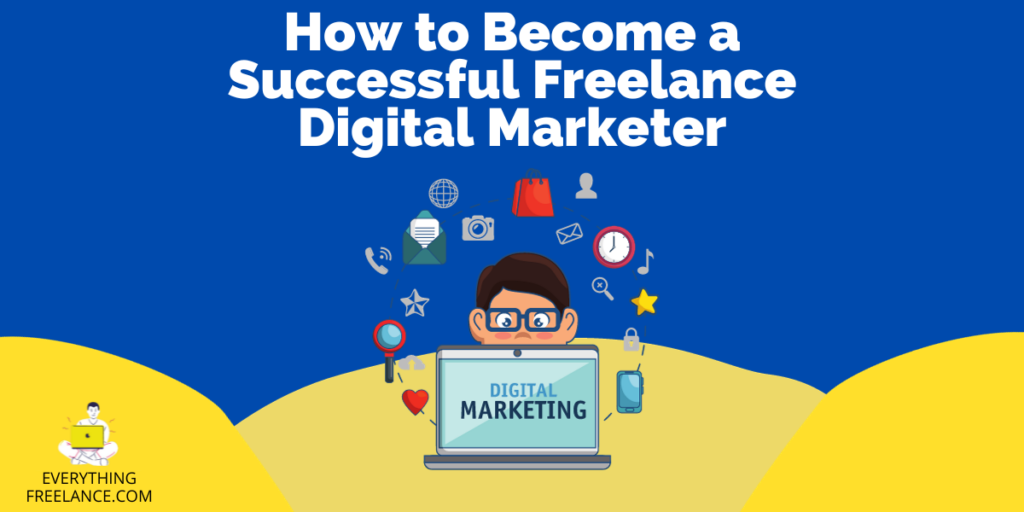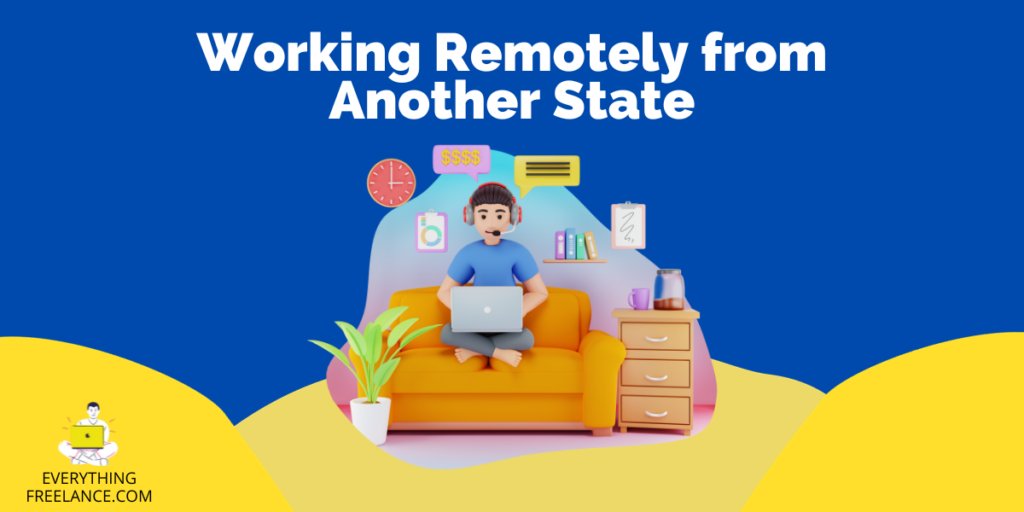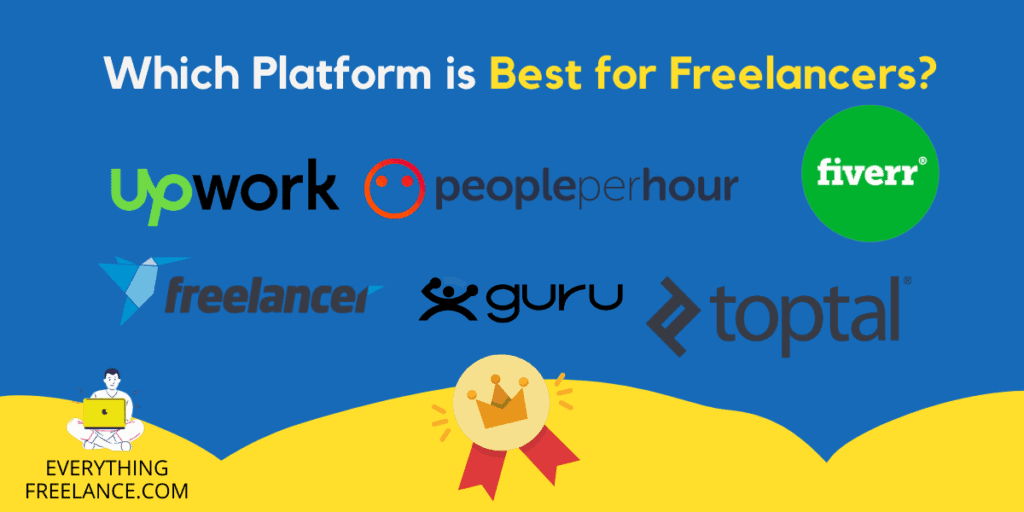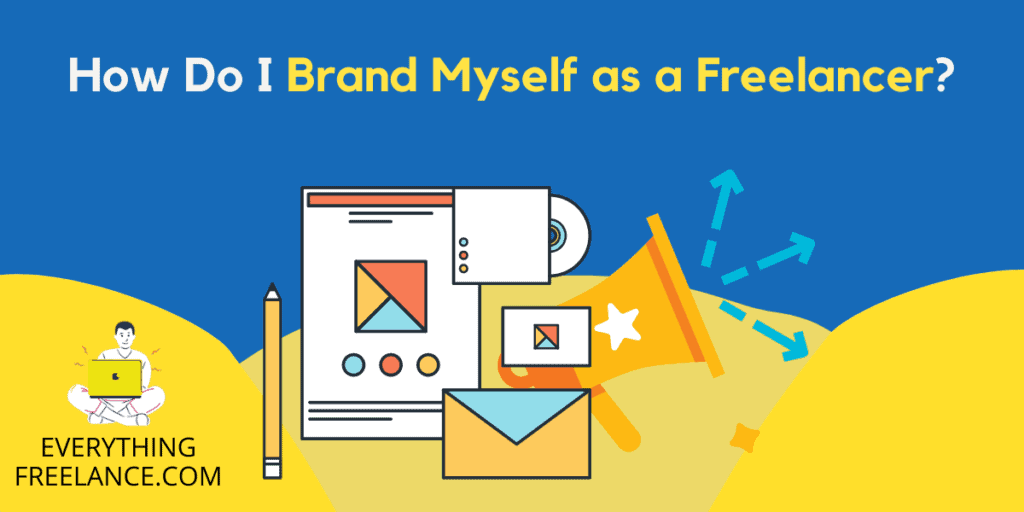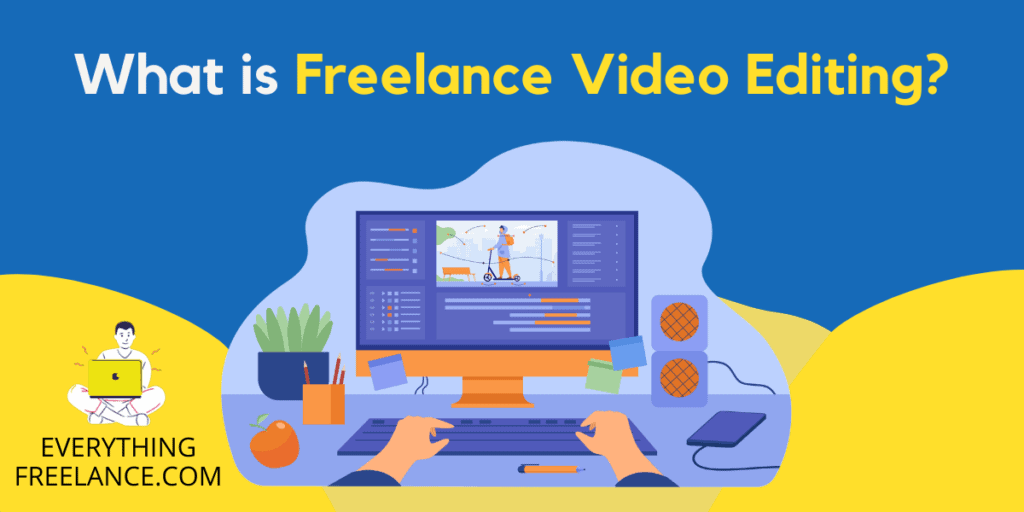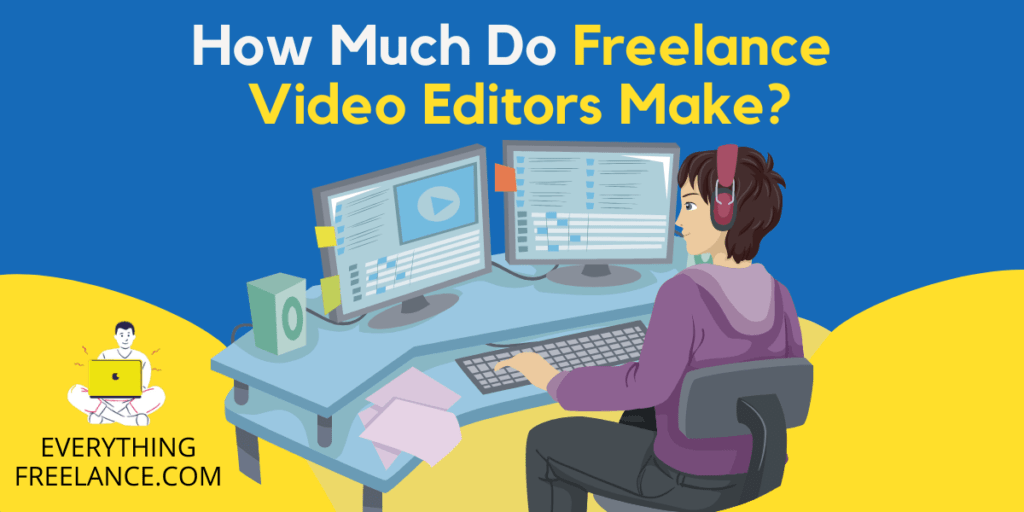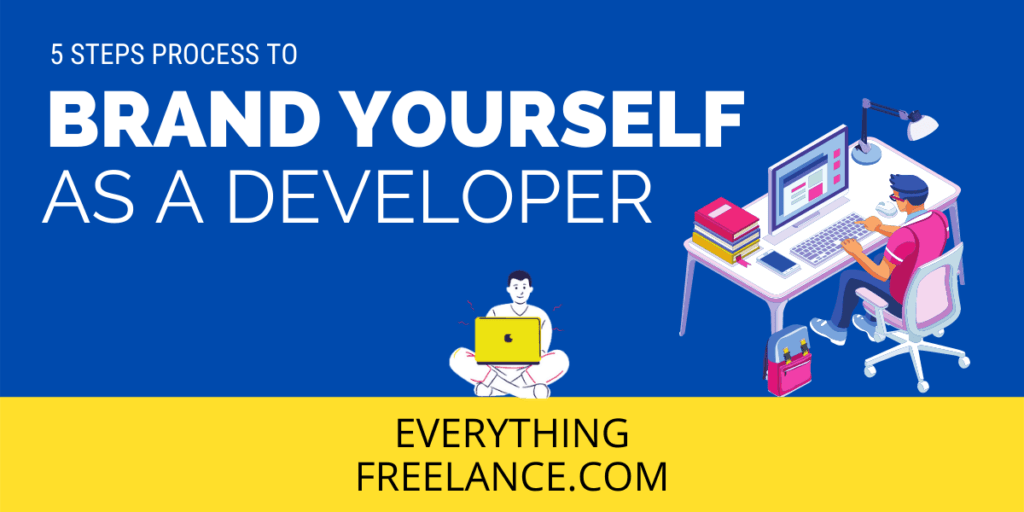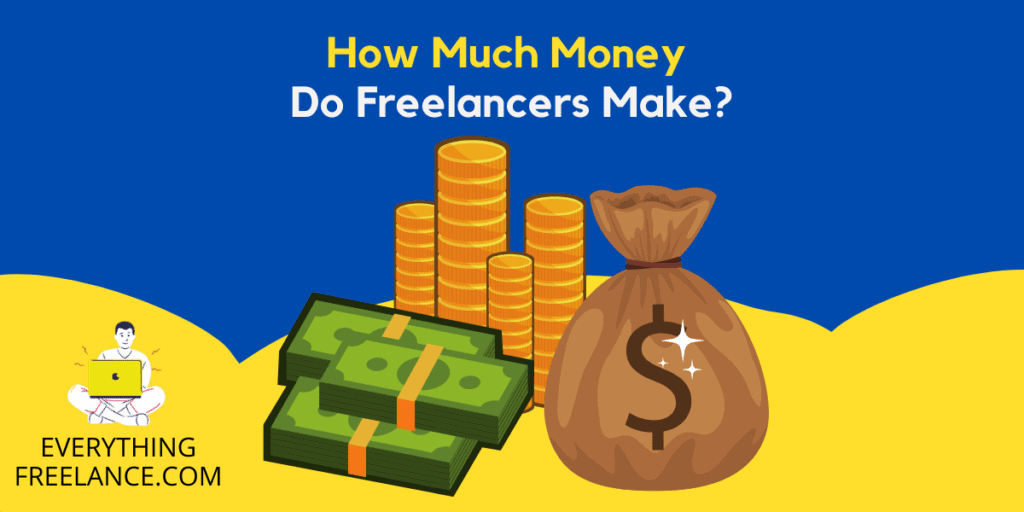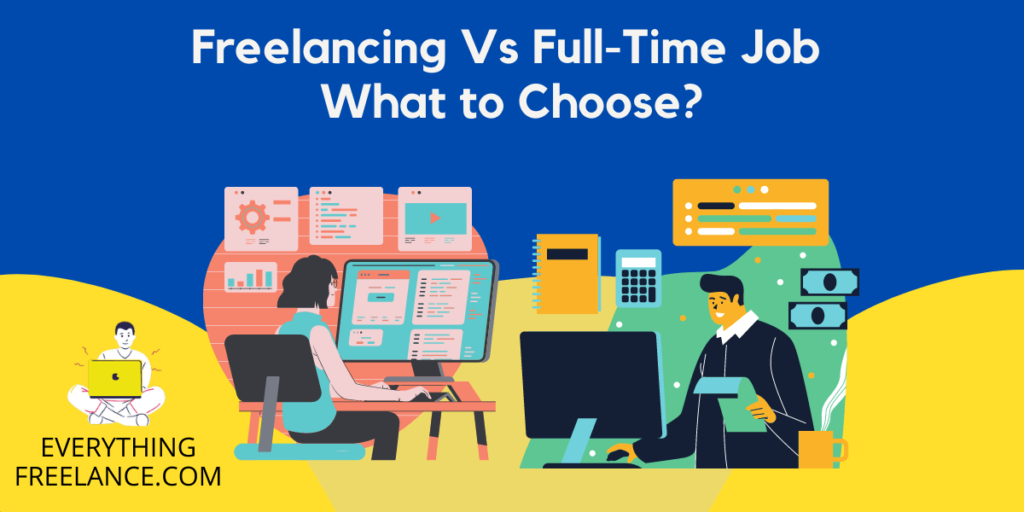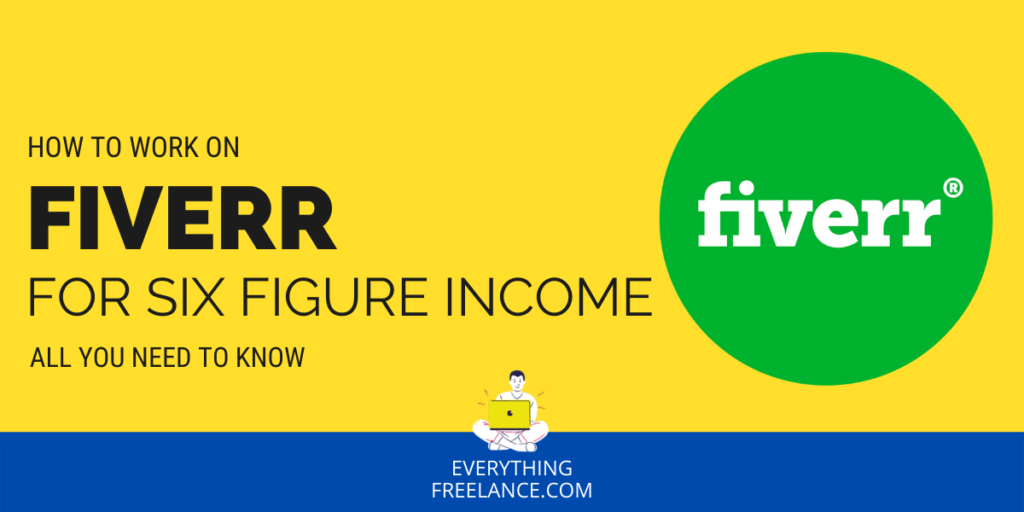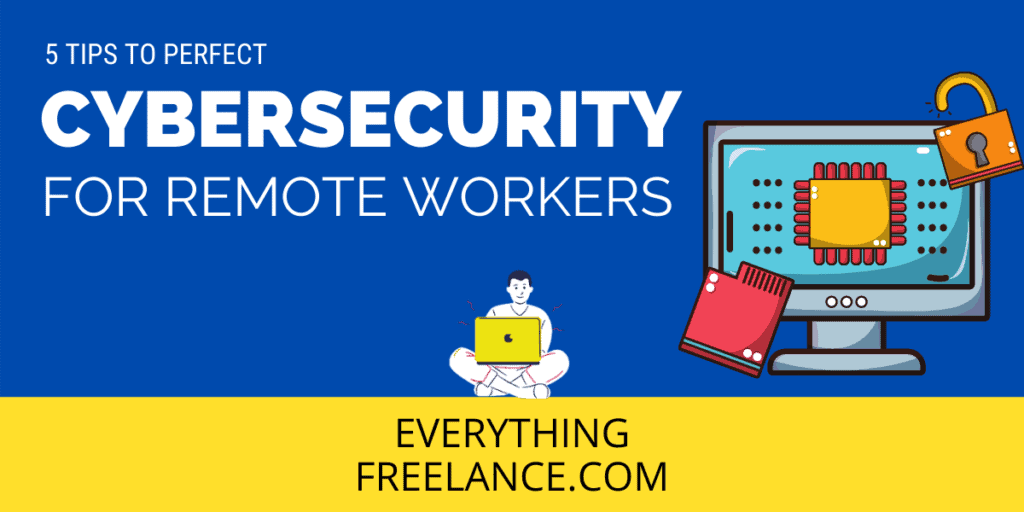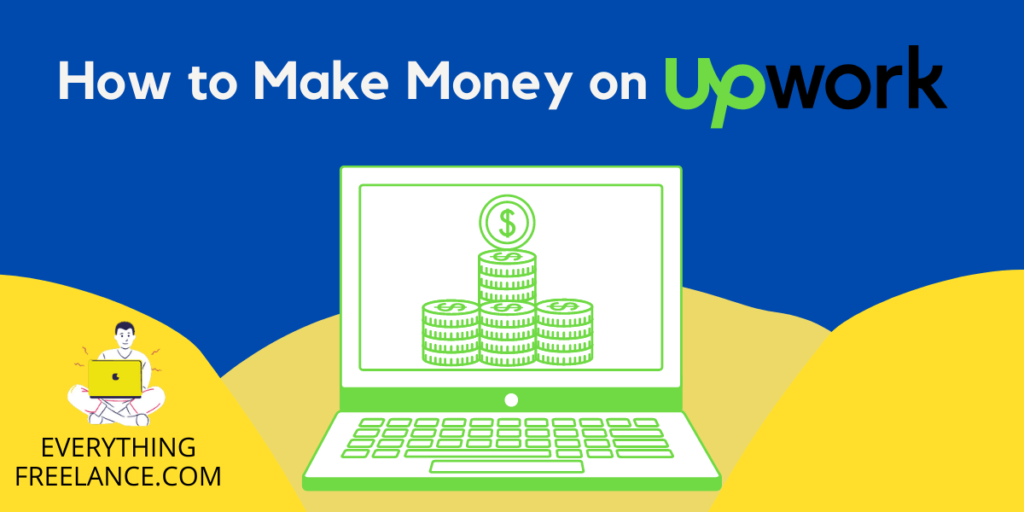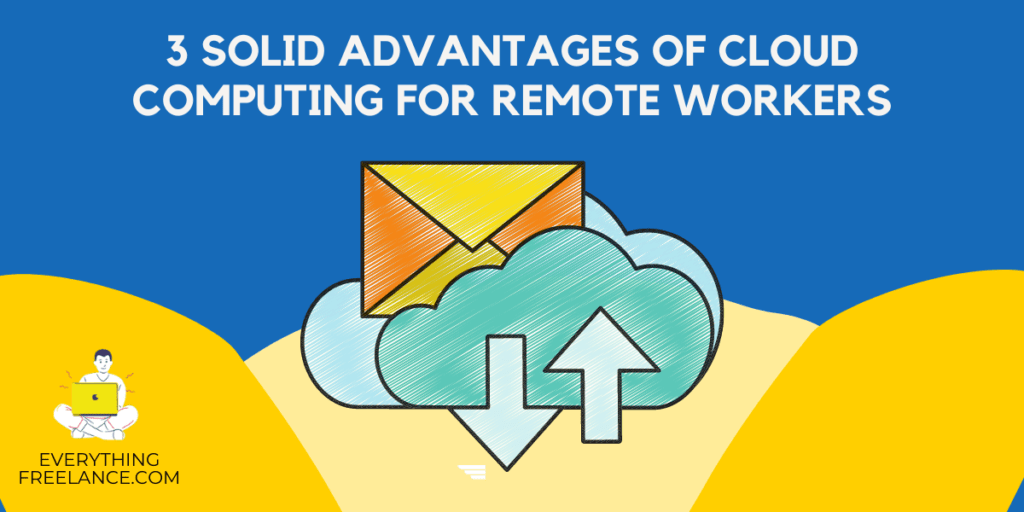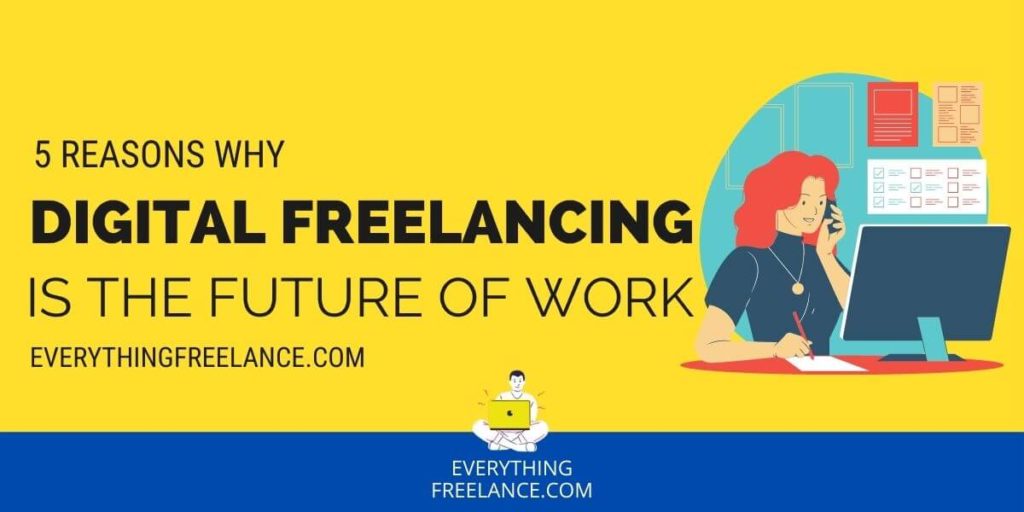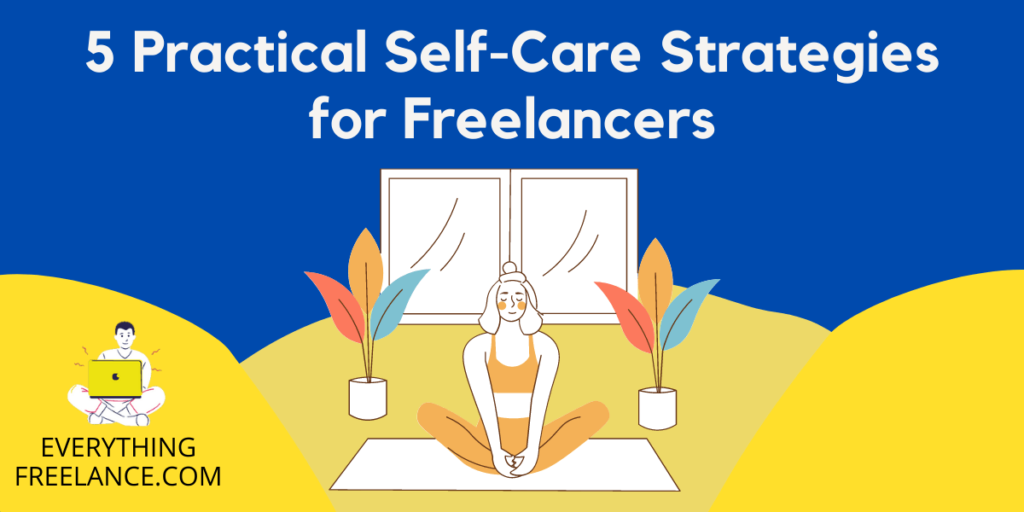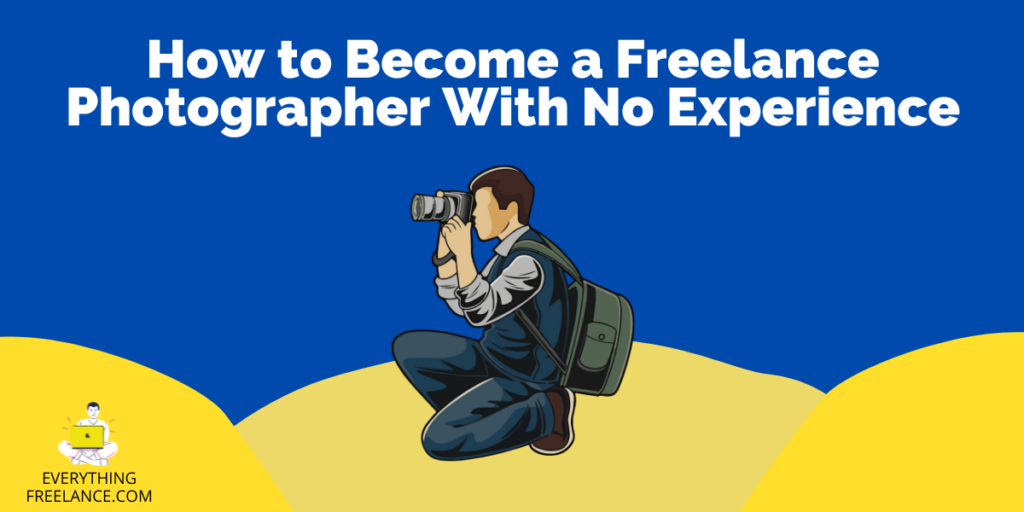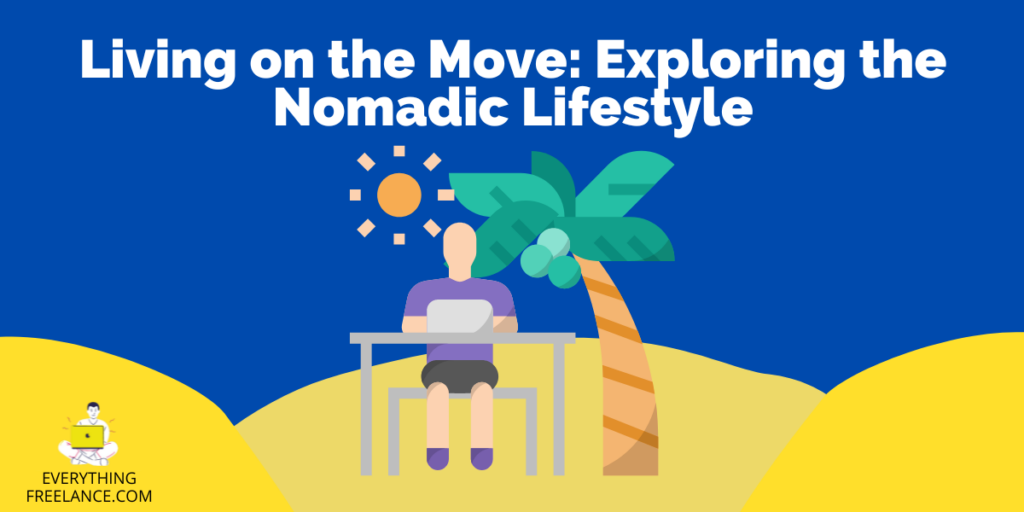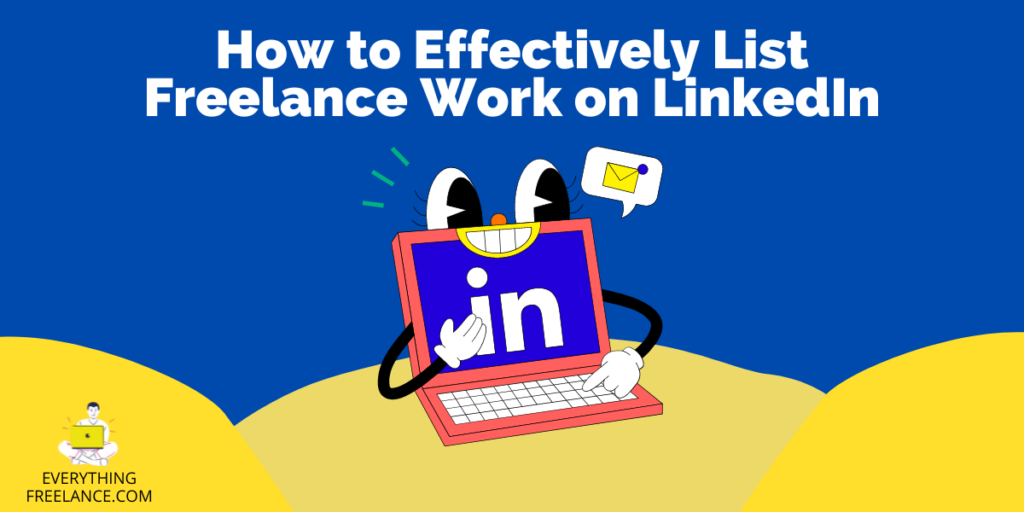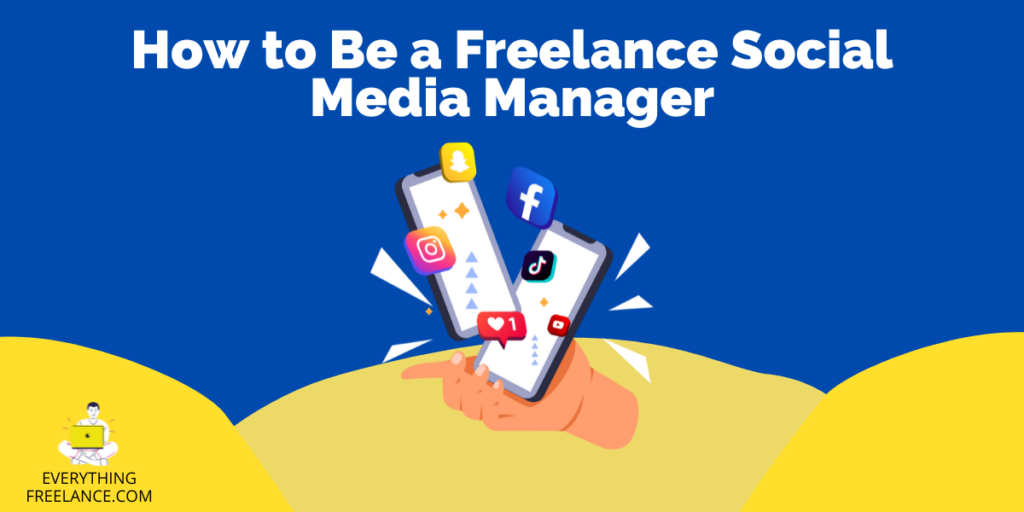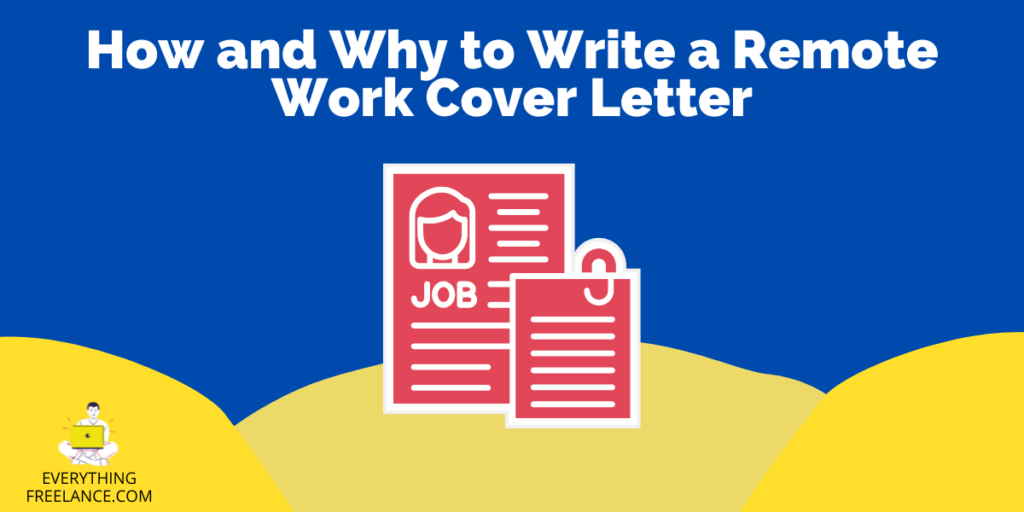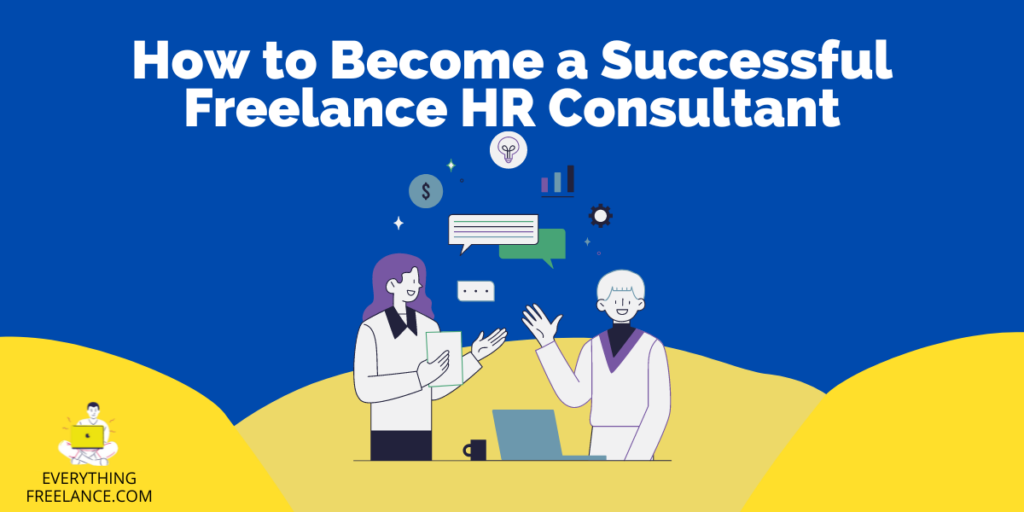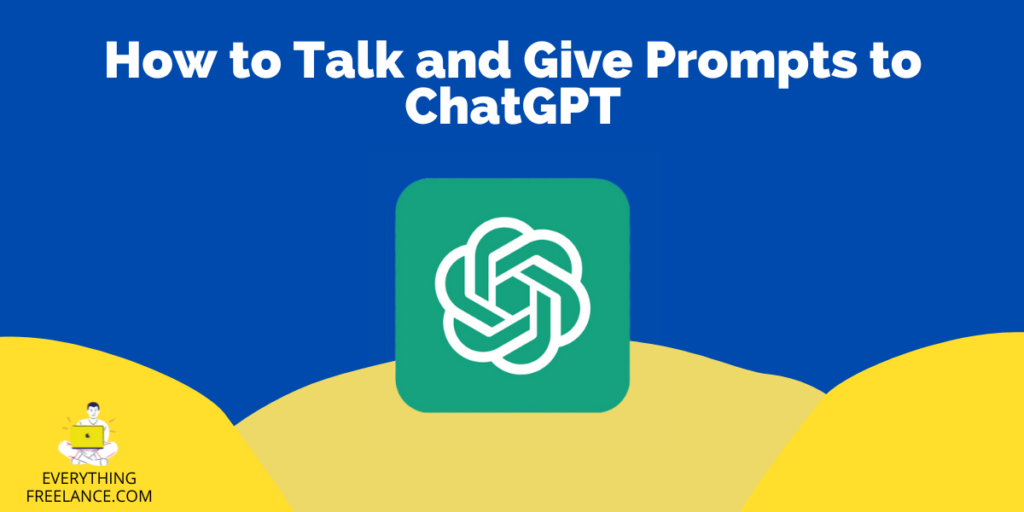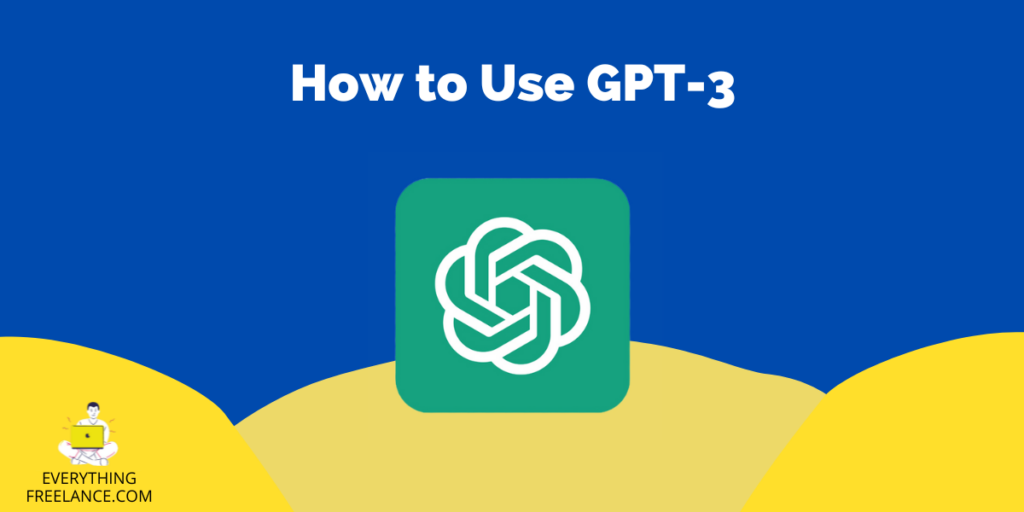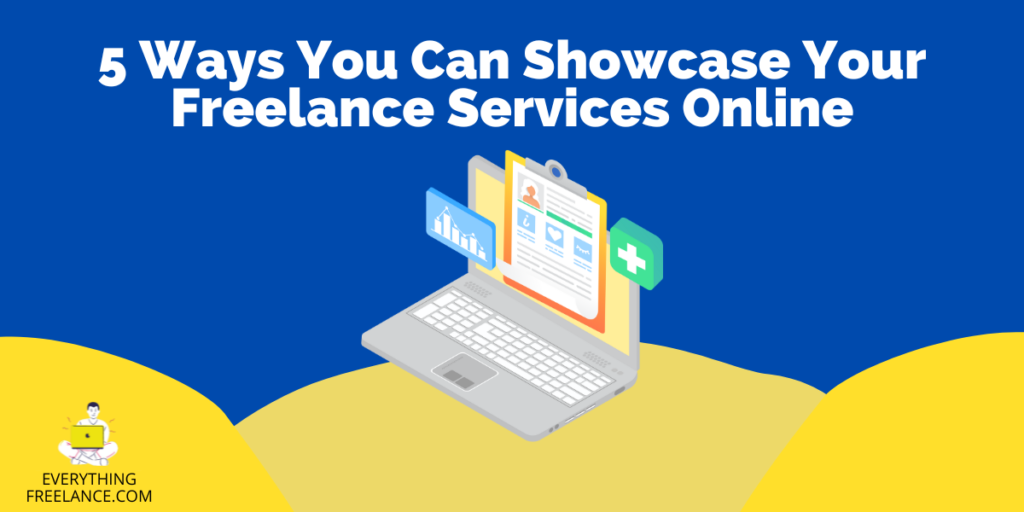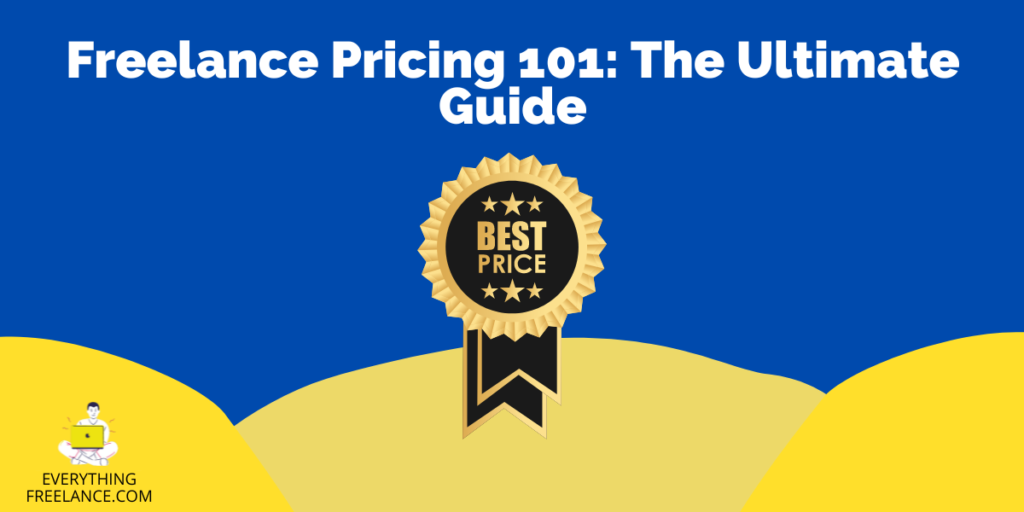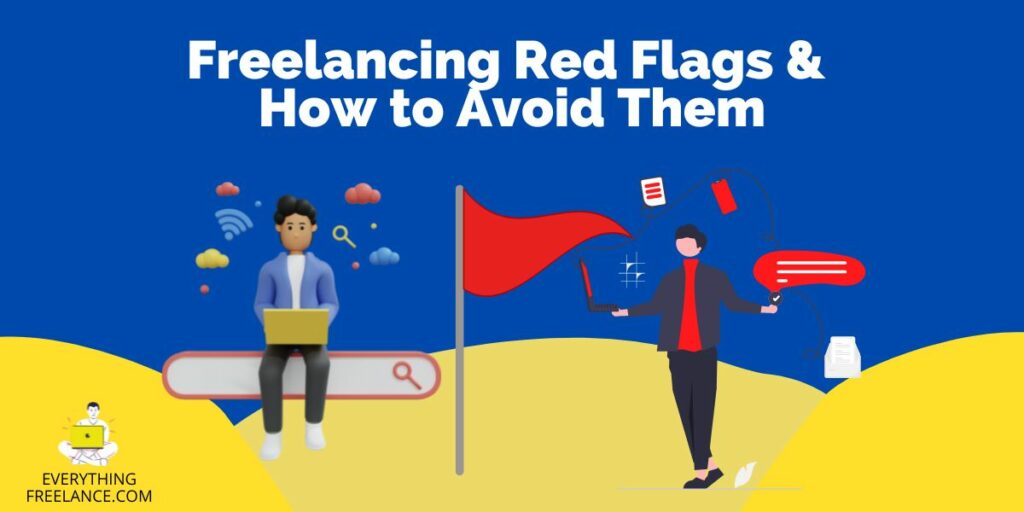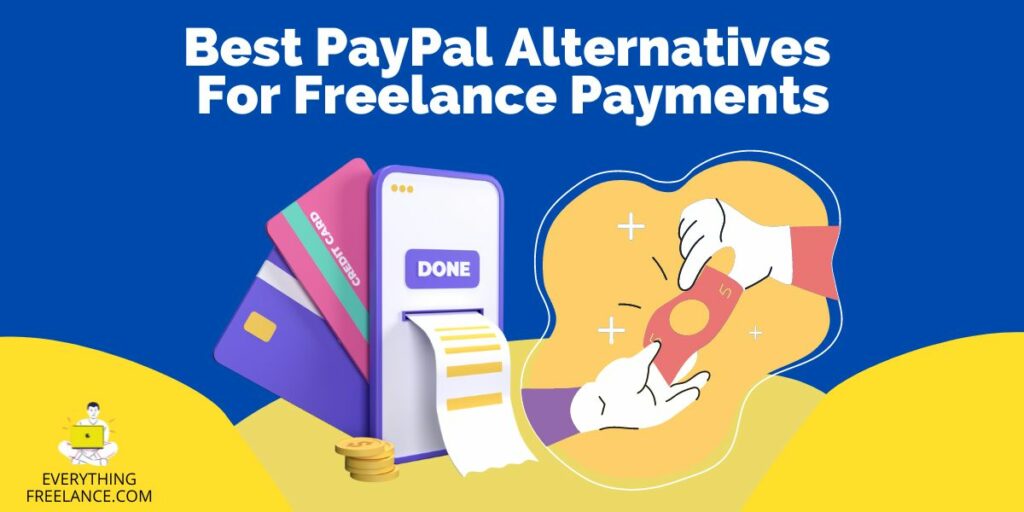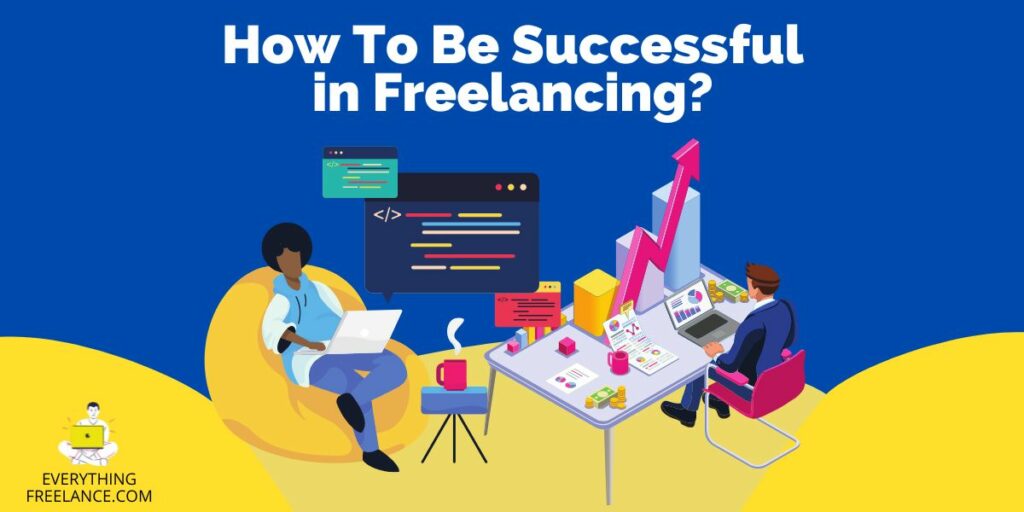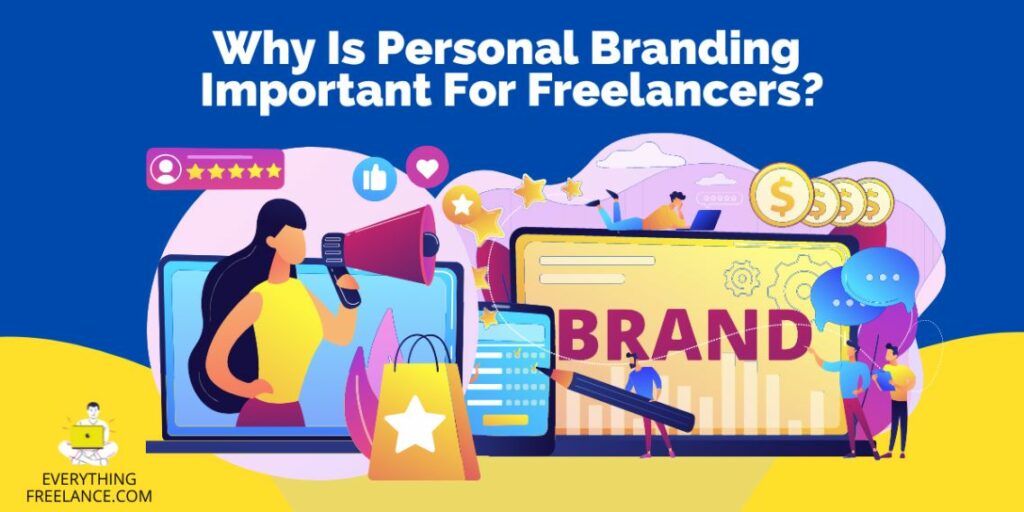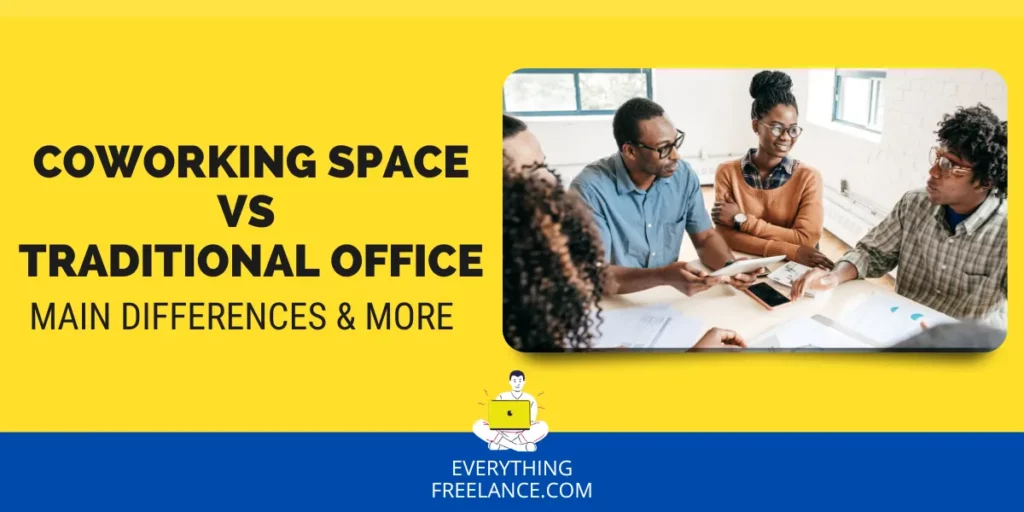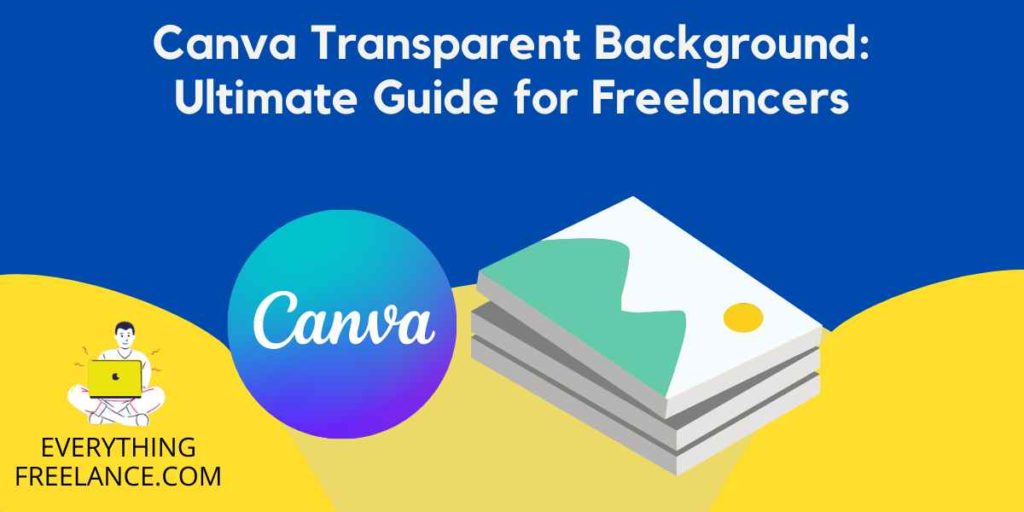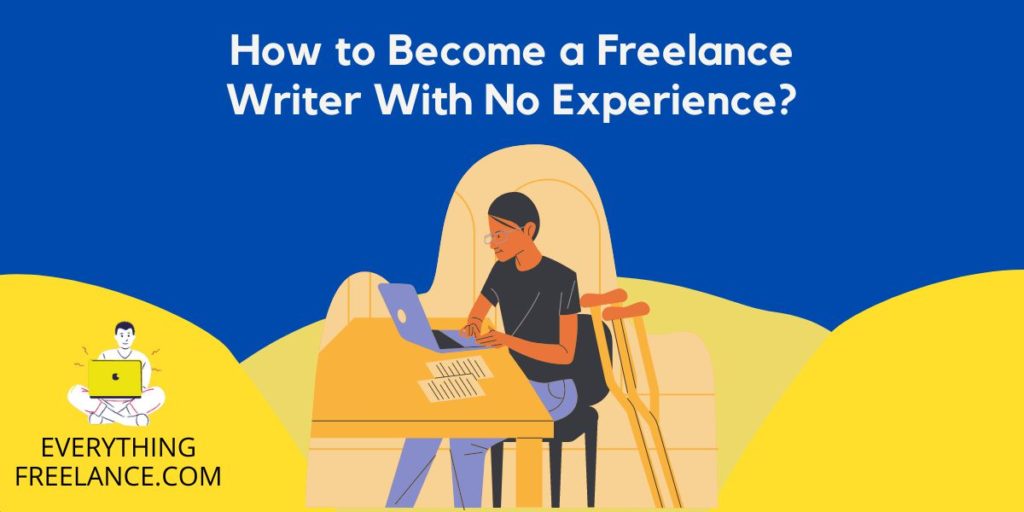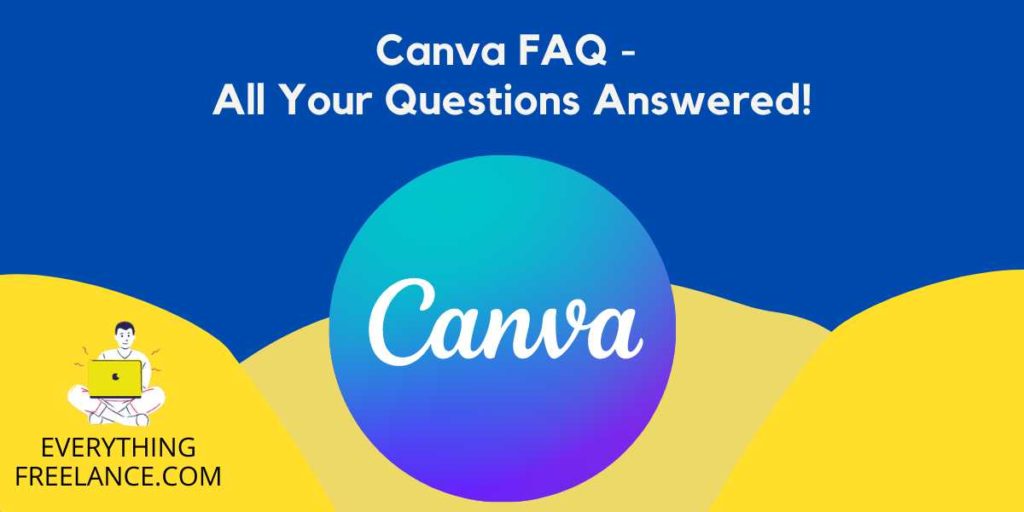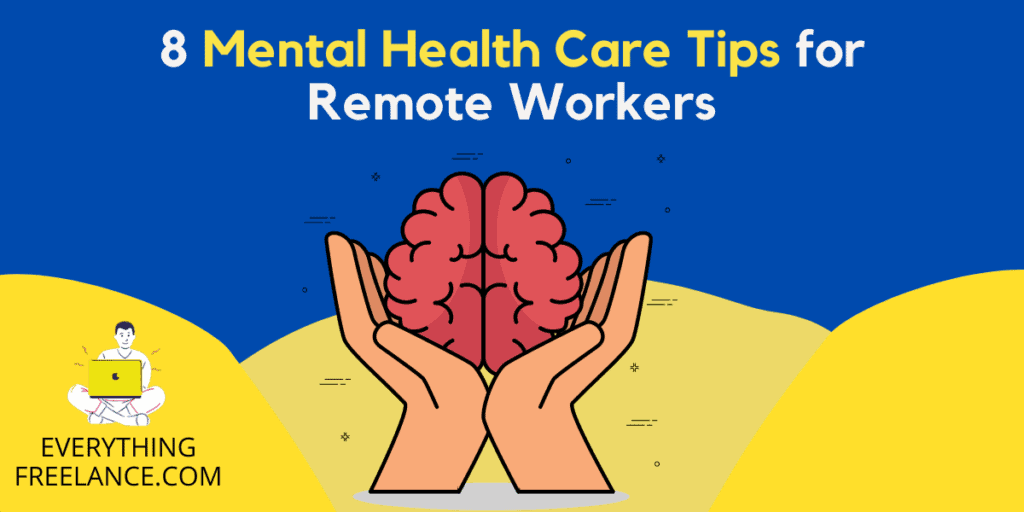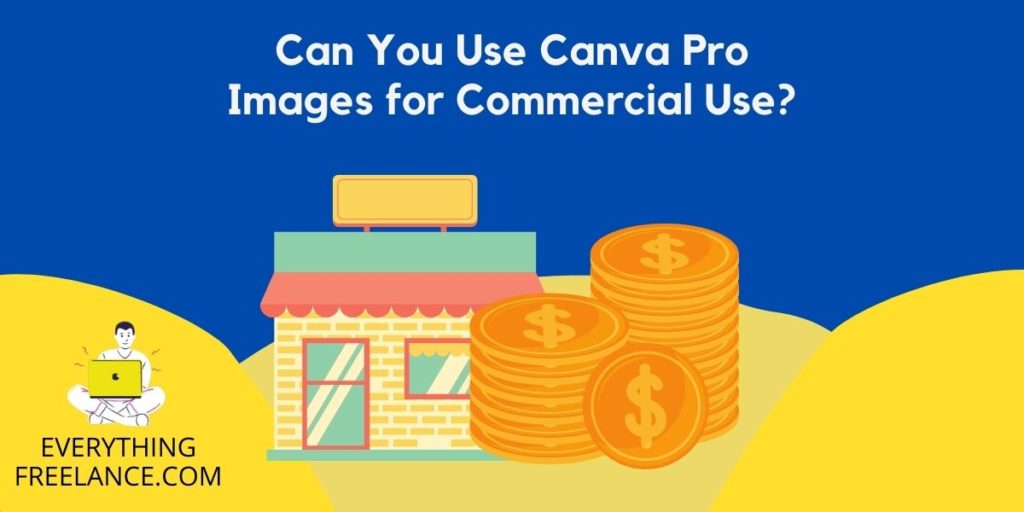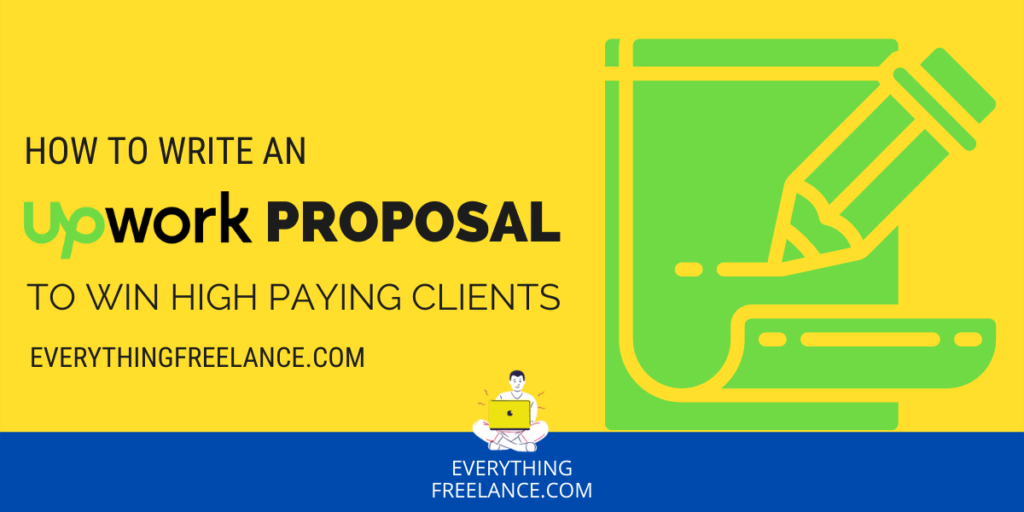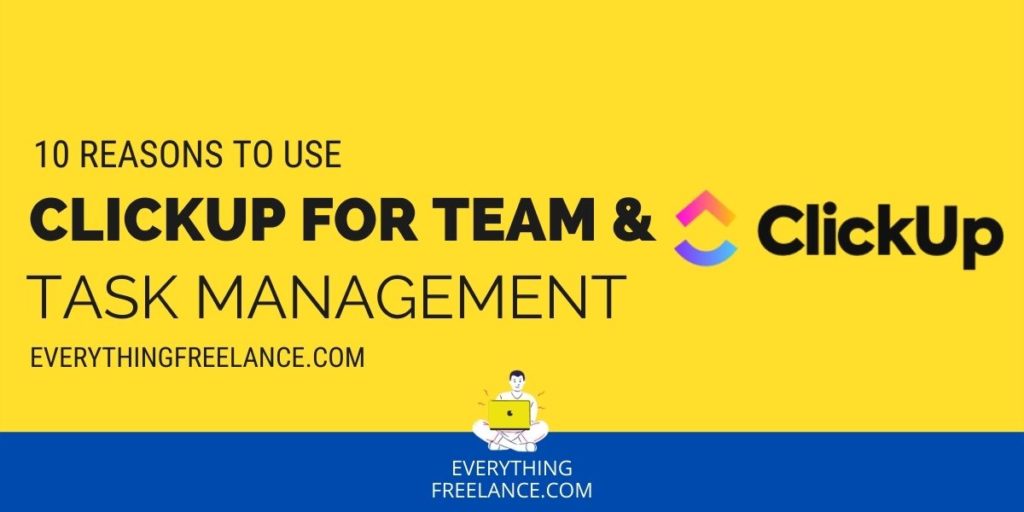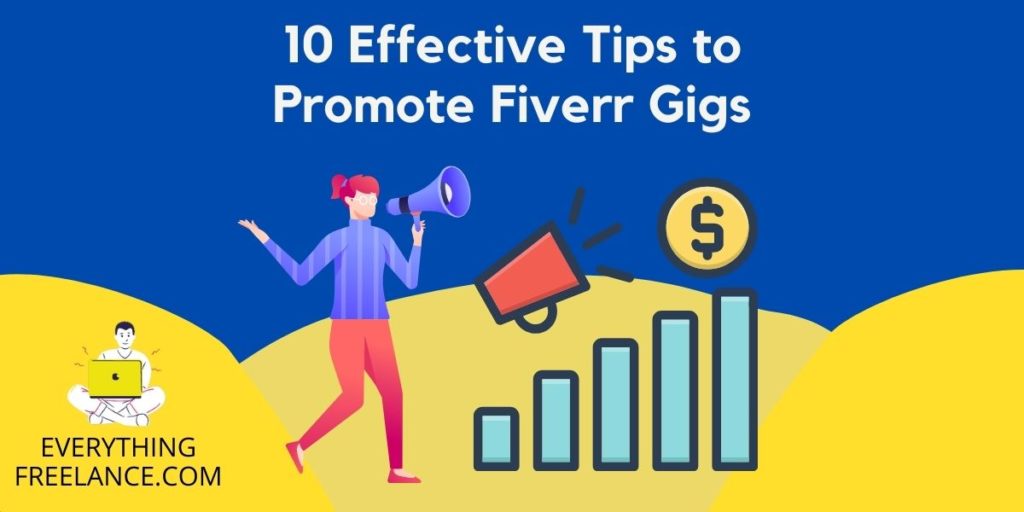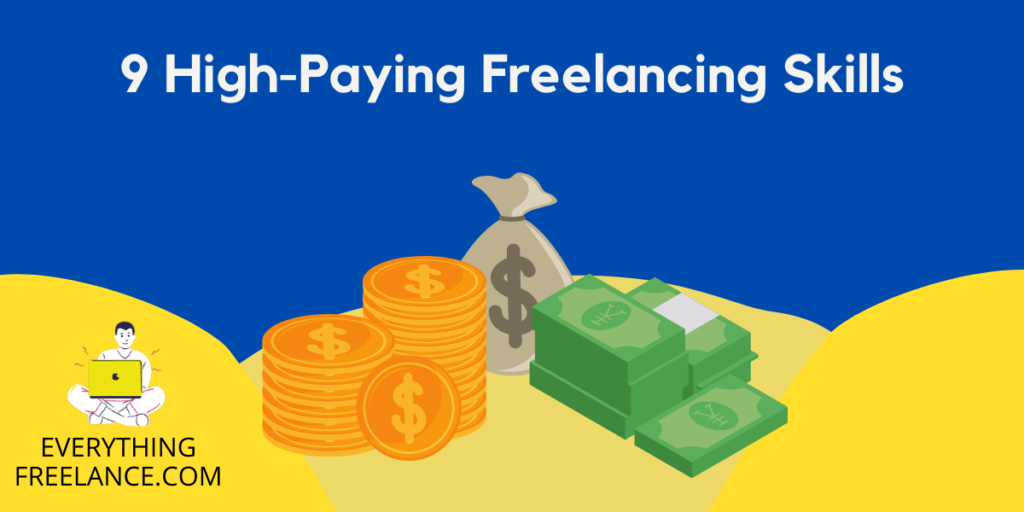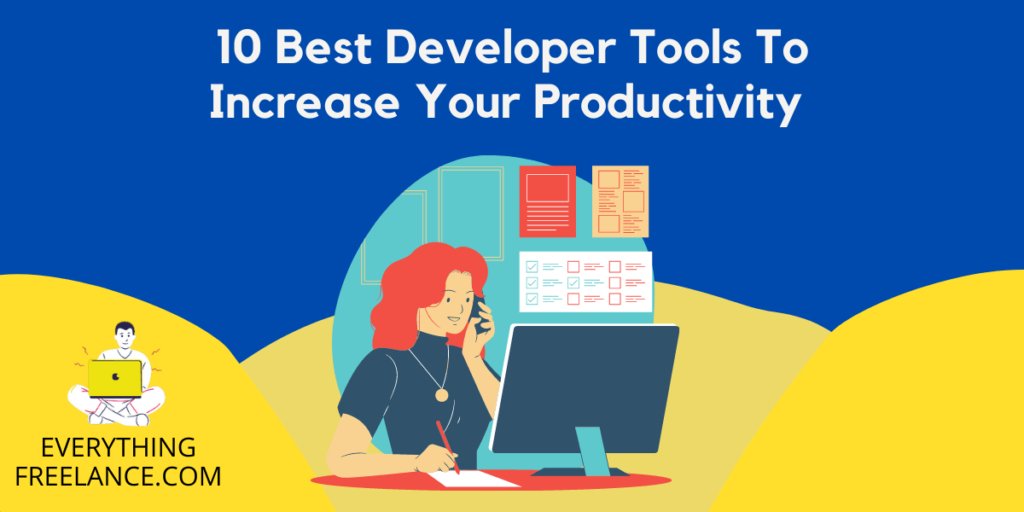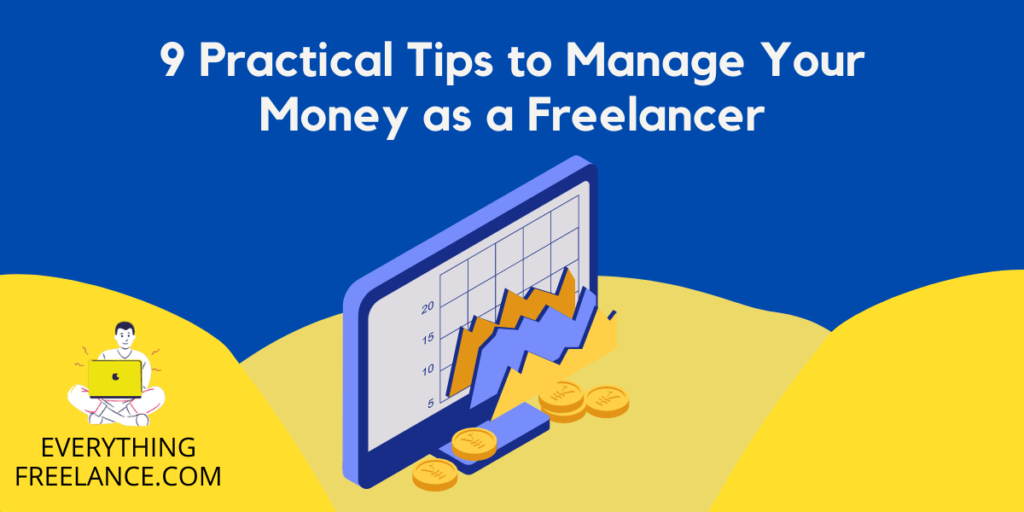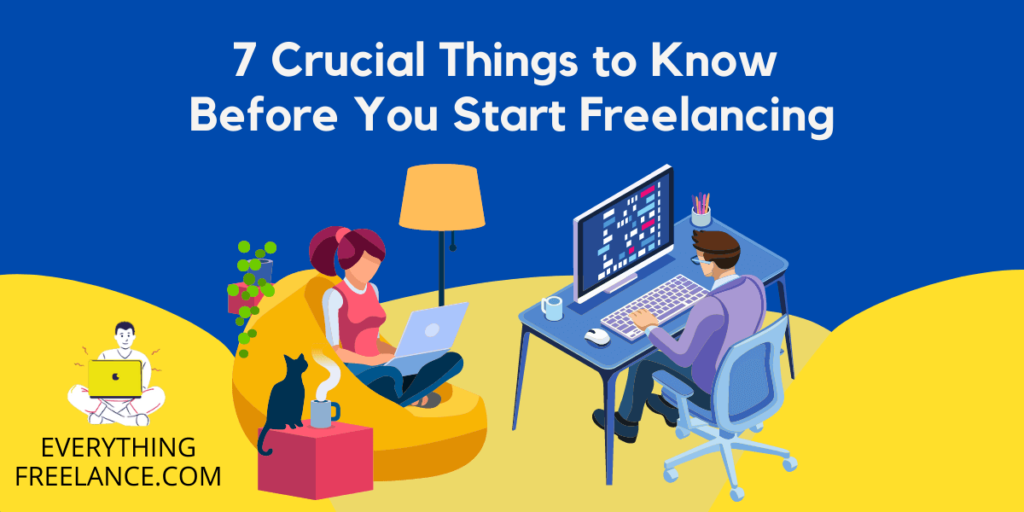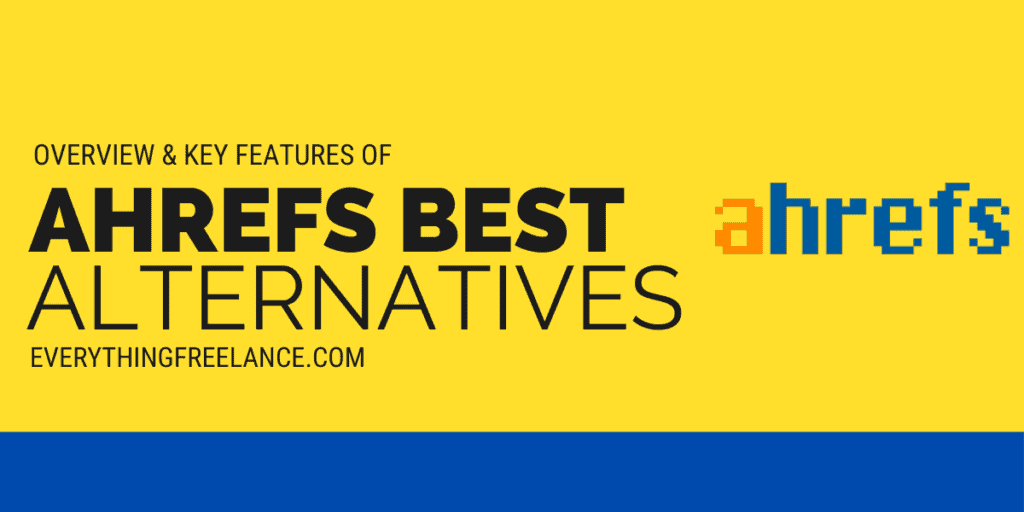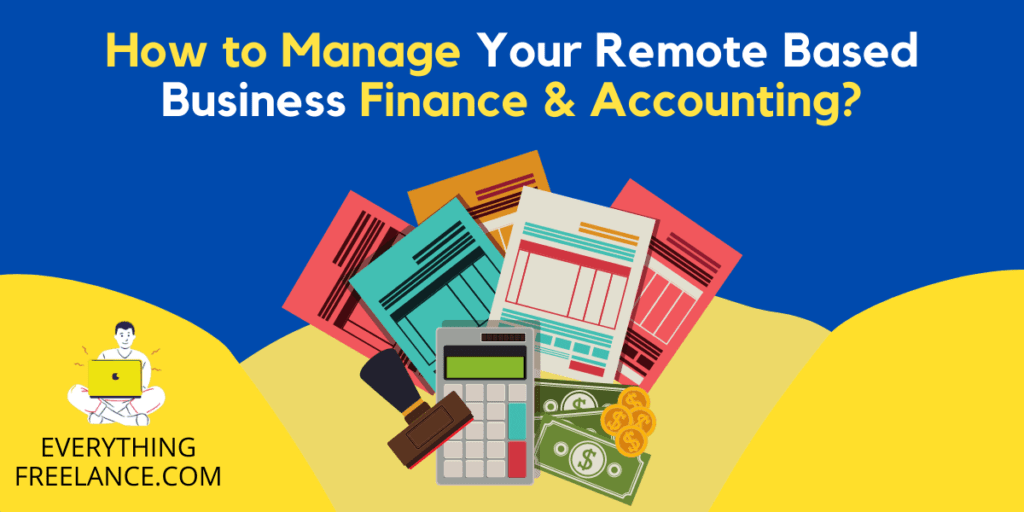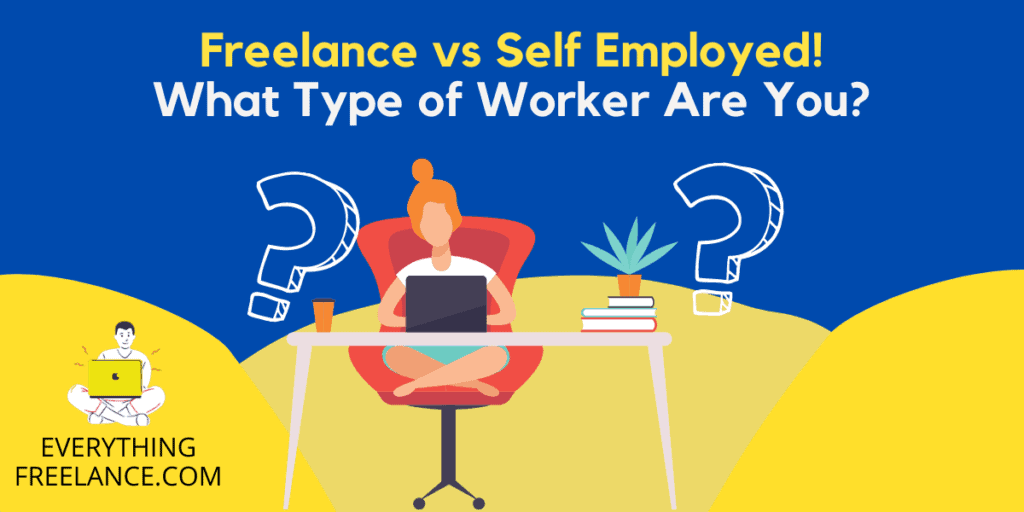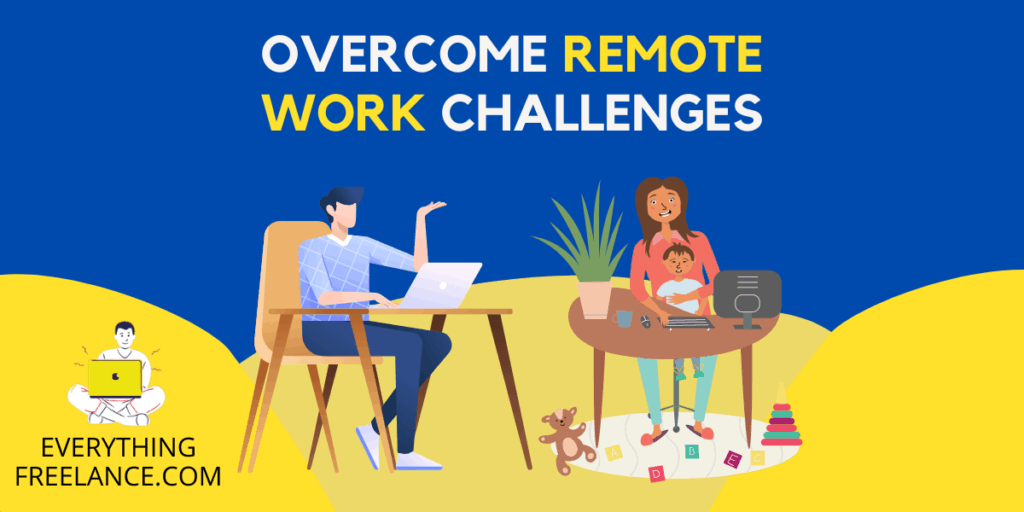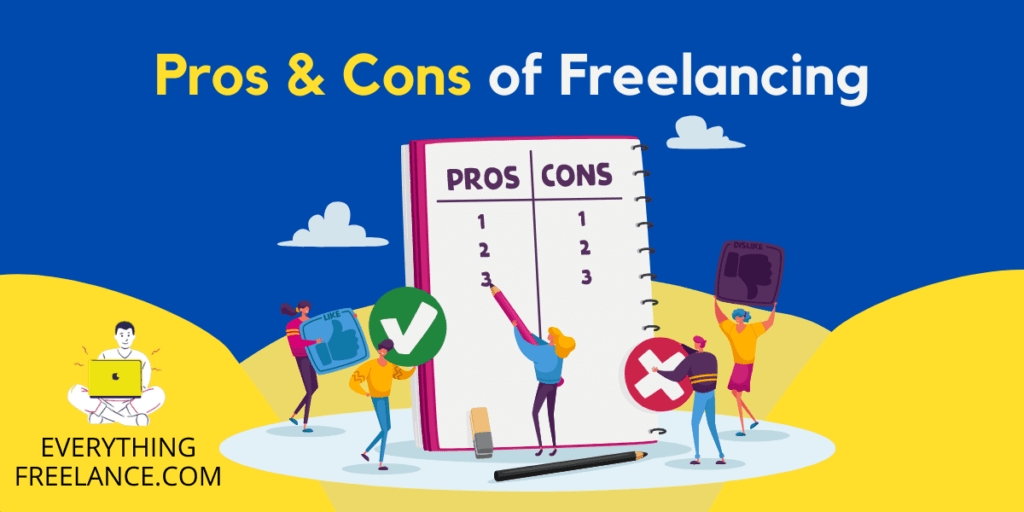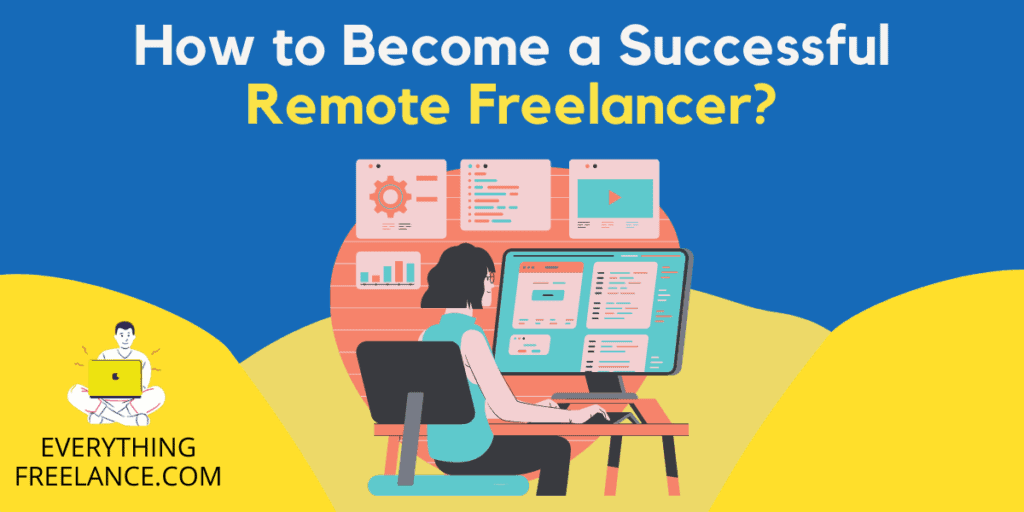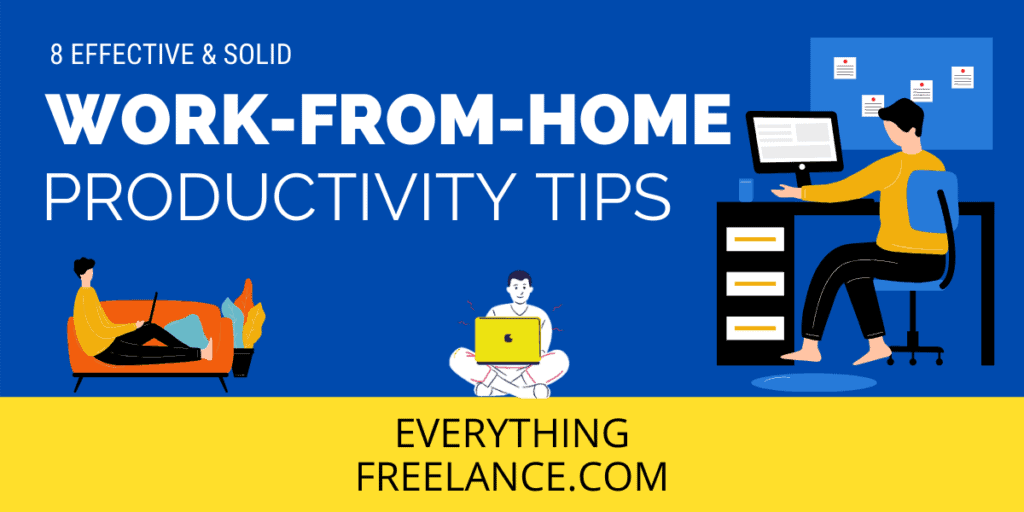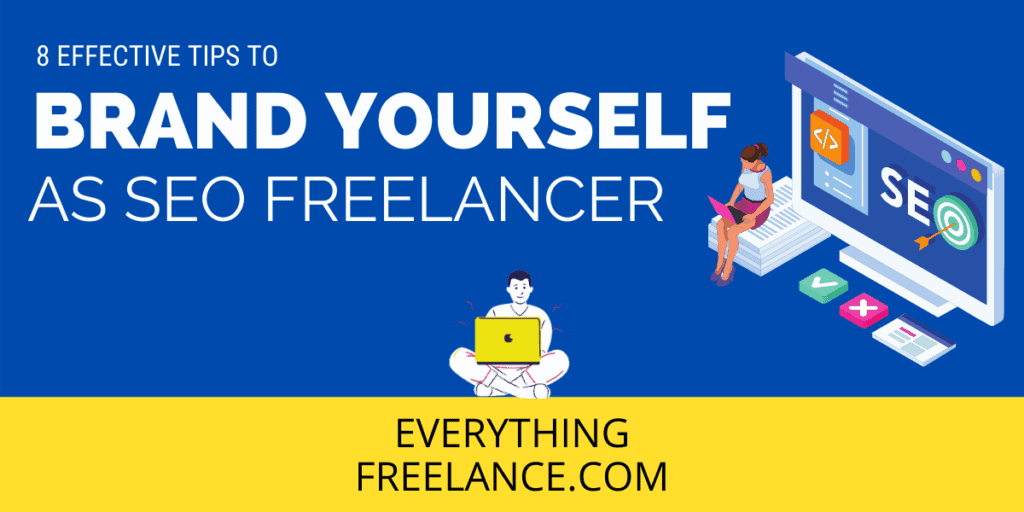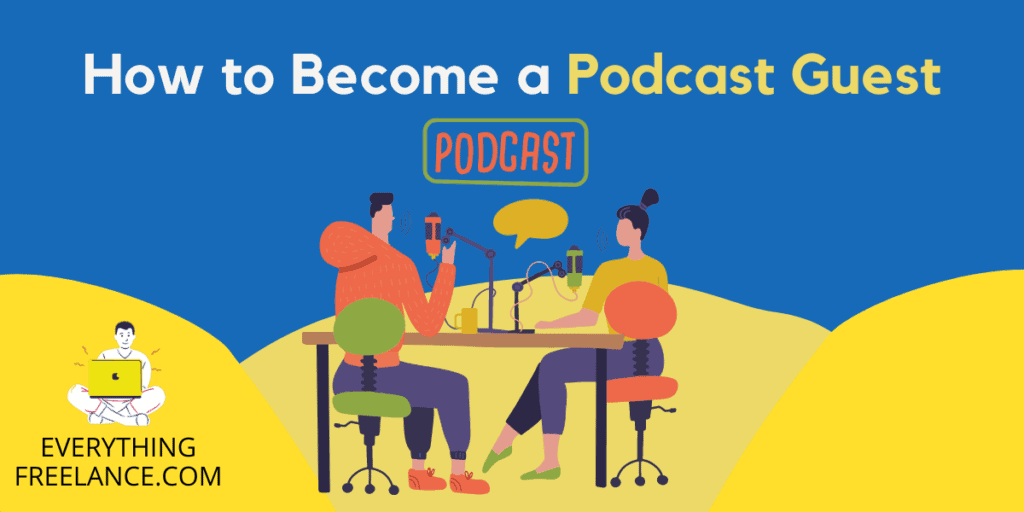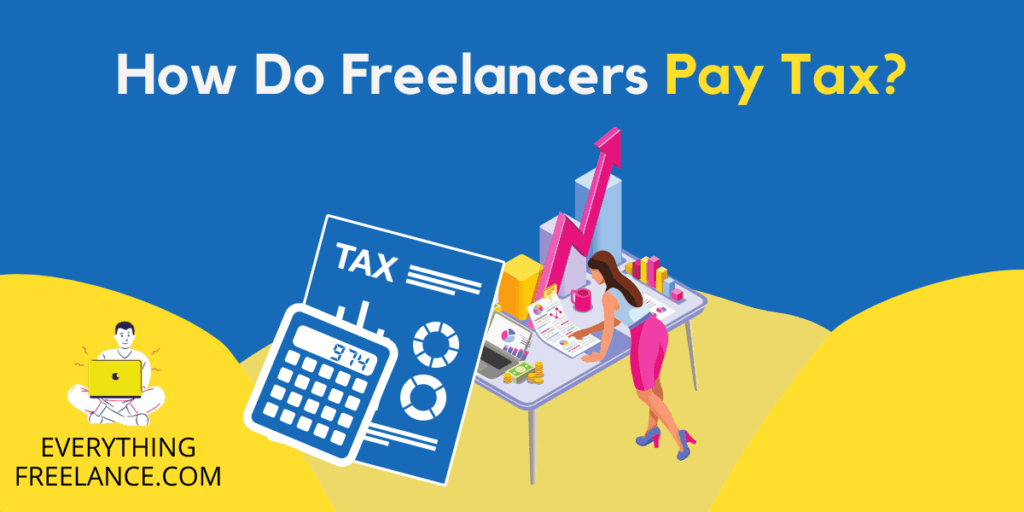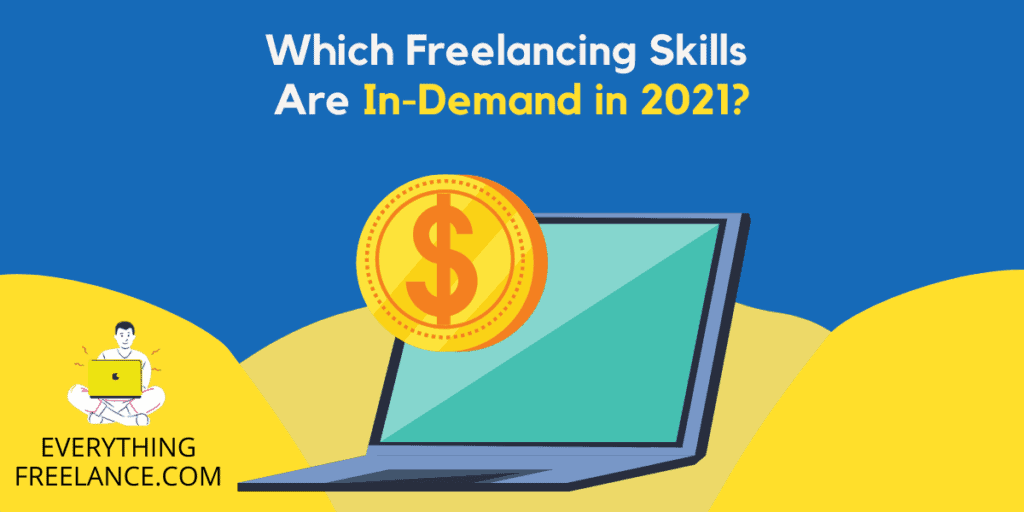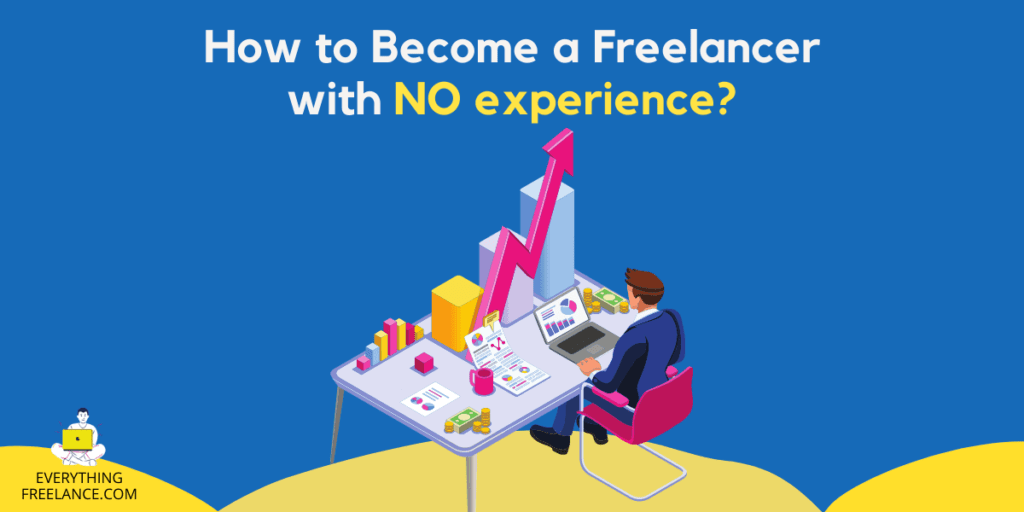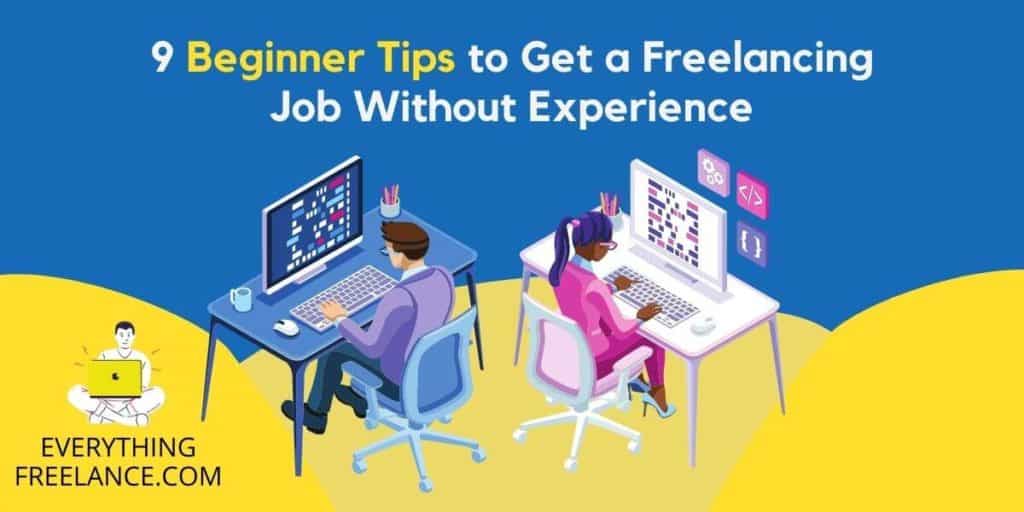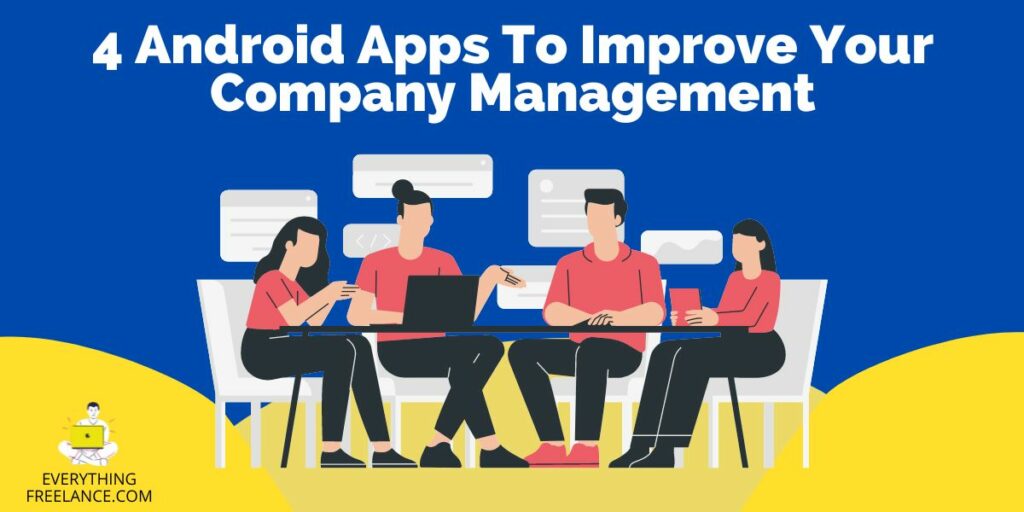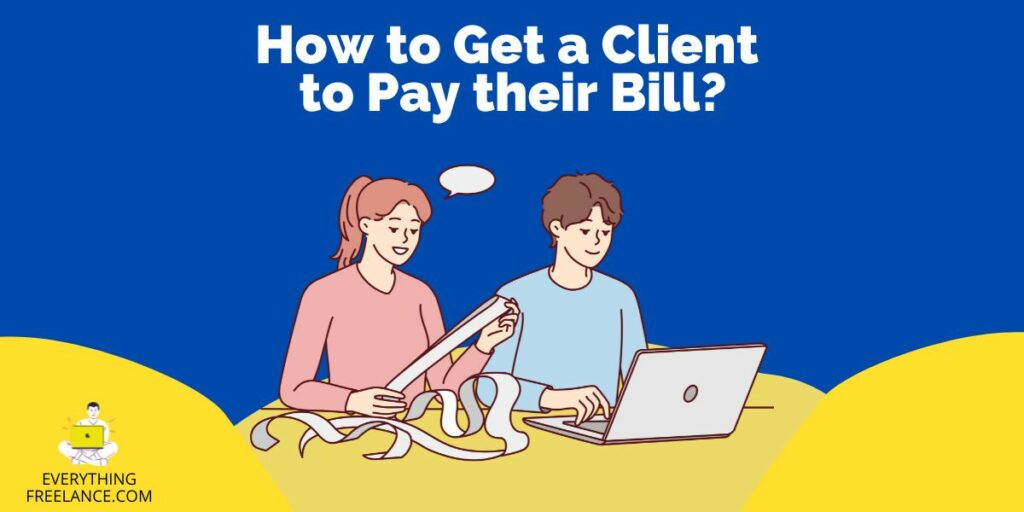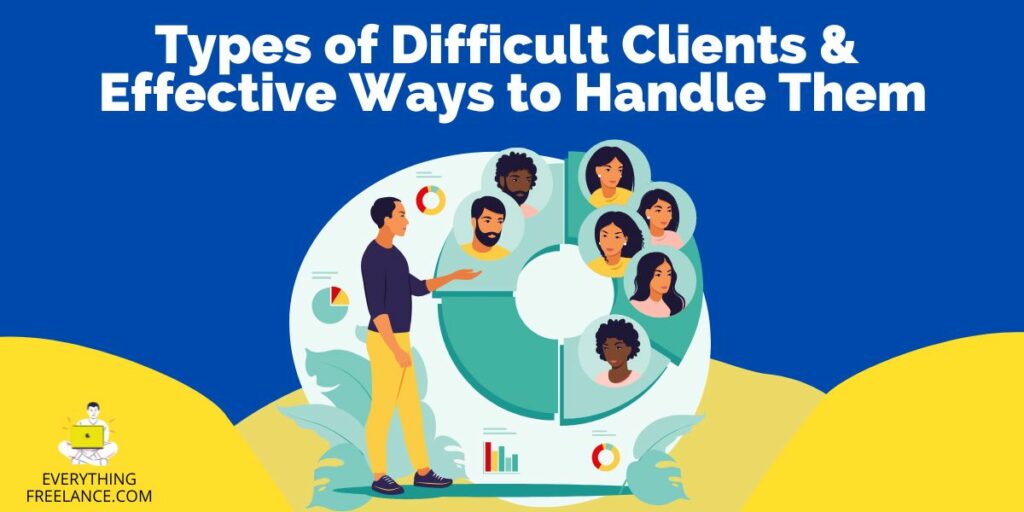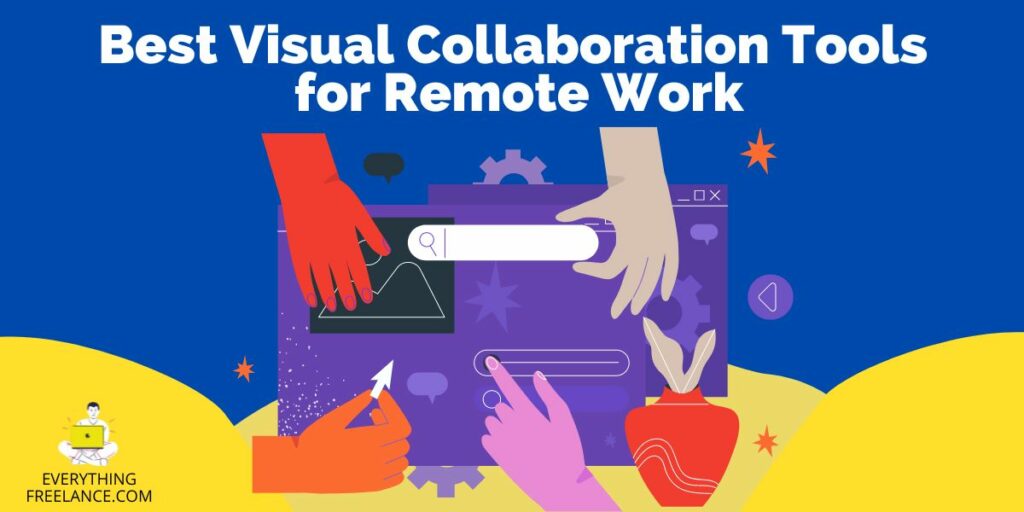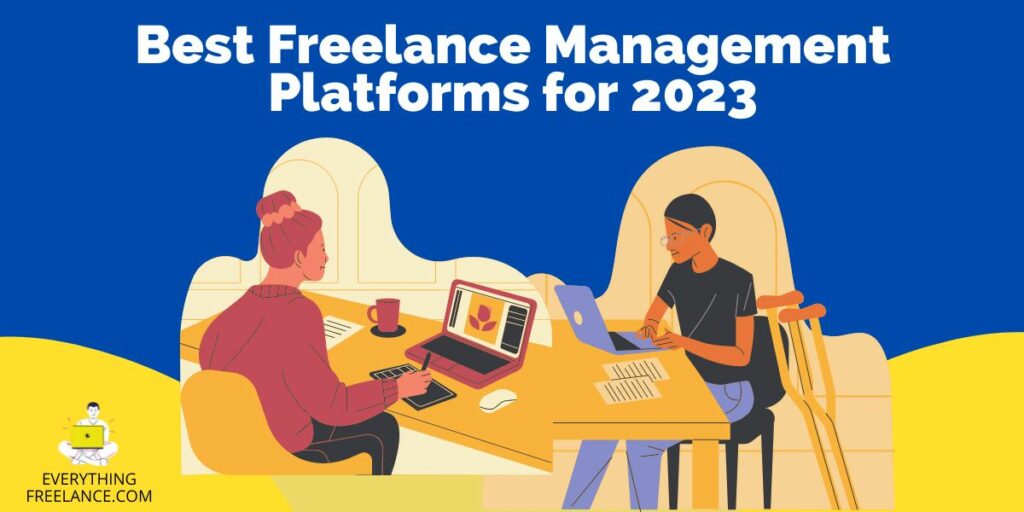The world is slowly but surely becoming a digital village, and working remotely and freelance has been on the rise, so why should you be left behind? As they always say, once you go freelance, you never go back!
Working as a freelancer has many advantages, making it very enticing. Many countries encourage freelancing jobs since they save time and resources. The freelancer visa is a “magic wand,” and whoever gets access to it can work as an independent contractor in the areas it is applicable.
The freelancer visa varies from country to country, so conducting thorough research on how, when, and where they apply is vital for a freelancer’s survival in a given country.
Best countries to work in as a freelancer
As a freelancer, it is essential to check on rules and regulations governing the kind of services you offer and the fields of industries in your work. Every country and industry has laws, and it is crucial to adhere to them since freelancing is like any other job.
The first step in determining which country’s freelancer visa will work best for you is identifying which type of freelancer you are. There are various kinds of freelancers, namely:
- Independent contractor freelancers. These freelancers take up one long-term contract and do not multi-task between projects. Projects that take more than ten months qualify as long-term projects and tend to pay well. However, they are also very involved, requiring a highly dedicated contractor, so they work on a project-by-project basis.
- Moonlighters freelancer. A moonlighter tends to have a full-time career but still takes up working during holidays, weekends, or even at night when they have the time. Most moonlighters are always looking for freelance jobs to supplement their full-time income.
- Freelance diversified workers. Most freelancers fall into this category since this group entails those who can fit into several roles when necessary. Their unique talent of fitting in makes them easily balance between freelance contracts and part-time cooperate work.
- Temporary workers freelancers. One might have a full-time job but on a provisional status. Such kinds of temporary employment are common where projects are short-term, and they need a temporary skilled workforce to work on the project until its completion rendering the force unemployed when the project ends. They are free to source other contracts elsewhere.
- Business owners freelancers. An entrepreneur who offers his freelance services combines his entrepreneurial skills with his freelancing capabilities, where he establishes a company on his own and employs other freelancers to handle the jobs he gets via his network earns this title.
- Freelance consultants. A person who offers professional and expert advice to a specific niche and works independently qualifies classifies as a freelance consultant.
After identifying the kind of freelancer you are, choosing which freelance visa suits your needs most is easy. Some freelancer visas discussed here are simple and easy to understand and follow through, so why don’t we look at them?
Germany Freelance “Freiberufler” Visa
Applying for a freelance visa in Germany follows the same procedure as applying for any German Visa. The application is made three months before your planned travel date.
Requirements for the German Freelance Visa:
- Visa application fee payment
- Valid national passport
- Curriculum Vitae
- Cover letter
- Recommendation letter from previous clients/employers
- Previous work portfolio
- Professional authorization
- Travel Insurance
- Earlier education certificates
- Means of sustenance
- Freelance plan evidence
- Commitment plans from future employers and customers.
- COVID-19 requirements.
Czech Republic “Živnostenský” Trade License Freelance Visa
One must acquire a digital nomad visa to work in the Czech Republic as a digital nomad. This visa is a long-term residence permit that permits you to work as a freelancer and with Czech citizens and companies for one solid year.
Living in The Czech Republic will also make your work easier since it is located at the heart of Europe, making Europe easily accessible via all means of transport.
Requirements for Czech Republic’s Freelance Visa
- Valid passport
- Completed application form(must be signed).
- Two identity photos
- Proof of accommodation for the period of stay
- Original criminal record documents from your country of Origin
- Health insurance
- Bank statement
- Zino trade license, which will provide proof of the reason for your stay
- COVID-19 requirements.
Portugal Freelance or Self-Employed Visa (D7)
The visa that enables you to work as a freelancer in Portugal is commonly known as the D7 visa. In addition, providing proof of passive income not obtained in Portugal is necessary for you to work as a freelancer in this country.
Requirements for Portugal’s Self-Employment Visa
- Valid temporary stay visa
- Residence permit for a more extended stay.
- A valid passport
- Two passport photos which are in good condition
- Proof of means of sustenance
- Valid travel insurance
- Fill out a form to authorize immigration and Border services to access your Portuguese criminal record.
- An independent or temporary work contract or agreement
- COVID-19 requirements.
Estonia Digital Nomad Visa
Working in Estonia as a freelancer has been made simpler and more accessible via the Digital Nomad Visa. However, it is crucial to note that having a Digital Nomad Visa does not equate to having an E-Residency visa which is only valid for a year. Instead, this nomad visa gives you the right to stay remotely and work in Estonia temporarily.
A digital nomad visa takes between 15-30 days to be processed and costs between €80-€100.
Requirements for Estonia’s Freelance Visa
The requirements for this visa are as stated below:
- A valid passport
- A complete visa application form
- Two passport photos(recent and in good condition)
- Proof of accommodation, i.e., hotel/Airbnb reservation, letter of invitation from relatives and friends.
- Valid employment status documents such as an employment contract, the latest 6-month bank statement, and an income tax return to prove your employment status.
- A cover letter
- Proof of sustenance, i.e., bank statements, an employment letter that states your salary, and credit cards.
- A return ticket or a travel itinerary
- Accommodation proof for the period you will be in Estonia
- Documents to prove employment status
- Schengen travel insurance, which is valid and must cover a minimum of €30,000
- Documents that provide evidence of your civil status
- COVID-19 requirements.
Croatia Digital Nomad Visa
For those who would love to live in the Mediterranean, Croatia is the place for you
The Croatia digital nomad visa enables you to work remotely as a business owner and freelancer because it works like a temporary residence permit. This visa costs around €60 and takes one month to be processed.
Requirements for Croatia’s Digital Nomad Visa
Some of the vital requirements for the Croatia digital nomad visa are:
- A valid passport
- Visa application fee payment
- A completed application form
- Proof of monthly income
- Purpose of visit
- A clear criminal record
- Health insurance that covers your complete stay in Croatia
- Evidence of your temporary stay in the country
- COVID-19 requirements
Malta Nomad Visa
In Southern Europe, Malta is famously known for its sandy beaches and warm climate. It also has an ideal landscape for outdoor activities, which lures freelancers and digital nomads.
This demand has pushed Malta to make its digital nomad visa more accessible and appealing to digital nomads. The visa is commonly known as the Nomad Residence Permit, allowing freelancers to live in Malta for a maximum of one year.
Requirements for Malta’s Nomad Visa
One can use the requirements listed below as a checklist of the documents needed, namely;
- Valid travel document
- Valid work contract
- Shareholder/director of a company registered outside Malta
- Monthly income of more than €2,700
- A purchase or rental agreement
- A valid health insurance
- Letter of intent
- COVID-19 requirements
- One should be working in a company whose registration is outside Malta.
Greece Digital Nomad Visa
In Greece, a digital nomad visa has a one-year validity; it is crucial to note that it is extendable up to three years. However, for this three-year extension to be valid, one must apply for a residence permit before the nomad visa expires. Applications for this visa are processed within ten days and cost €75.
Requirements for Greece’s Digital Nomad Visa
The essential requirements for a freelancer to apply for the Greece digital nomad visa include the following:
- A valid passport
- Two recent passport photos
- Employment proof
- Proof of accommodation
- A valid return ticket
- A valid health insurance
- A clear criminal record
- A declaration letter
- An application form
- A medical certificate
- COVID-19 requirements
Romania Digital Nomad Visa (Long-Stay D/AS Visa)
The beautiful landscapes, fast internet, and accessibility of Romania make it enticing to freelancers, and are among the best countries for freelancers to work.
Requirements for Romania’s Digital Nomad Visa:
- Valid passport
- Valid travel documents
- Proof of employment outside Romania three years before the planned visit
- Valid proof of income for the latest six months with a gross salary of €3,700 and above per month
- Clean criminal record
- Proof of health insurance
- Evidence of temporary place to stay while in Romania
- An employment contract
- COVID-19 requirements
Norway Self-Employed or Independent Contractor Visa
The most appropriate visa for a freelancer who wants to work in Norway can apply for is the Independent contractor visa. A digital nomad in Norway enjoys good infrastructure and high quality of life despite the cold climate.
This remote work visa is valid for two years, and its application takes four months or longer if you live outside Norway.
Requirements for Norway’s Freelance Visa:
- A valid passport
- Complete the visa application form
- Two passport photos
- Proof and address of stay while in the country for the period requested
- Guarantee that business registration is outside Norway
- Curriculum vitae and work history
- Signed and printed UDI checklist
- Proof of €600 visa application fee
- Proof of education
- A work contract with an employer/client who is Norwegian.
- COVID-19 requirements
Spain Non-Lucrative Visa
The non-lucractive visa is one of the easiest ways of acquiring residence in Spain since you can live there if you show proof that you can financially sustain yourself.
However, this visa cannot enable you to get a work permit or be self-employed within the country. Therefore, this visa works well for people whose retirement plan is in Spain and who show the capacity to sustain themselves while in Spain.
Requirements for Spain’s Non-Lucrative Visa:
- National visa application form
- None-working residence visa application form
- A passport photo
- Valid passport
- Proof of sustenance
- Clean criminal record certificate
- A valid health insurance
- A valid medical report
- Evidence of residence at the time of stay in the country
- Proof of 80 Euros as payment fees for the visa
- Proof of sufficient funds of an annual income of not less than €27,792.96
- COVID-19 requirements
Do I need to have a residency visa to become a freelancer?
A Spain Freelancer Visa applies to non-EEA /EU citizens, and they need to make applications in their home country to work and live in Spain. This visa is only valid for a year with a renewable 2-year grant for each renewal. In addition, once you land in Spain, you will need to get a residence permit within 30 days of arrival to legally freelance and live in the country.
What can I do if I cannot get a letter of intent?
In the Schengen visa cover letter, you can write reasons why you cannot submit a particular document. In addition, one can explain which alternative documents you have attached to your application to supplement those you don’t have; a letter of intent is one of them.
Can I sponsor my family?
A family reunification visa for non-EA/EAA citizens that reside in Spain makes it possible for them to sponsor their families in Spain. However, they must have lived in Spain legally for one year and are authorized to stay for another year to invite their family into the country.
Do I need to get health insurance?
For you to fulfill the requirements of obtaining a Spain Visa, valid health insurance is necessary. A medical insurance certificate and policy proving you do not suffer from quarantine-critical illnesses according to international health regulations is sufficient to qualify for a valid health insurance document.
How much does health insurance cost?
Health insurance for the Schengen Visa should cover a minimum of 30,000 Euros. Several organizations have different plans, and you can choose one that suits your needs most and is budget-friendly too. For a start, you can look at the rates in Atlas Travel.
Can I open a bank account?
In Spain, a digital nomad can open a bank account since they have established mechanisms and resources to enable foreigners to acquire bank accounts in the country quickly.
Can I work from abroad?
All Spain visas are applicable within its geographical boundaries only; therefore, for you to work in another country, you must also apply for its permit.
Are there any costs associated with the cancellation of the license
Canceling your Spain non-lucrative visa is a process you must adhere to since you must declare your assets and liabilities. If you are in the application process and want to cancel it, you have to request your sponsor or employer to cancel it for you, whose cost is highly dependent on the visa application center you used.
Conclusion
Acquiring a freelancer visa maximizes your potential to grow as a freelancer because it expands your network. Being your “own boss” takes a lot of discipline since the services you offer and how you deliver them will be your brand. Building a reputable brand image for yourself as a freelancer is very important for you to leverage higher within your network; therefore, a freelancer visa is supposed to work as a means to an end.
How well your freelancer visa serves you is entirely up to you; kindly make the best out of it the opportunity while it lasts.
